AURICLE

January 2024-April 2024



January 2024-April 2024

E D I T O R ' S L E T T E R
P R E S I D E N T ’ S L E T T E R .
1
2
H U M A N S O F M E D I C I N E : D R R O S E M A R Y N I X O N . . . . . . 4
M U M U S S O C I A L U P D A T E
Y E A R A U P D A T E
I N T R O D U C I N G T H E O S S I C L E
P I R A T E S O F T H E P E R I T O N E U M
W H A T W E A R E R E A D I N G
M U M U S T B H U P D A T E
A M S A U P D A T E
L E S S O N S F R O M O N C O L O G Y
N O S O U L , N O C R I M E .
1 4
. . . . . . . . 1 8
. . . . . . 2 1
2 2
3 0
4 5
Dear readers,
It’s so lovely to finally meet you ! My name is Angelica and I’m the 2024 Publications Officer and current editor of the Auricle magazine and host of the Ossicle Podcast
I am so excited to present to you the Auricle’s first issue for 2024 In this issue, you’ll find an interview with Professor Rosemary Nixon for our Humans of Medicine panel Dr Rosemary is a renowned dermatologist who has won membership of the Order of Australia (AM) for her contributions to Occupational Dermatology, and is the only person in Australia to have qualifications in both Dermatology and Occupational Medicine and she is also a Monash Medicine Alumna! It was an honour to be able to meet with her and learn from her many years of experience, and I hope you find her words of wisdom as inspiring and compelling as I do
This issue also contains evocative creative and retrospective pieces from many talented members of our cohort These pieces are often an outlet for our student body to express themselves through the medium of fiction, or to dissect deeper feelings about placements that have left long-lasting impressions
Our magazine also explores and celebrates other aspects of Medicine, such as upcoming events (look out for MedRevue’s upcoming production!) and social gatherings that we ’ re so hyped for

Angelica is a 3B student currently completing her endocrine placement
If there is ever anything that you wish to share with the student body, be it a memory from placement, an artwork, or recipe you can ’ t stop cooking, or even an anonymous essay exploring feelings after a particularly interesting or heavy placement, I implore you to reach out to our publications team at publications@mumusorg to share it in our next issue
I’m looking forward to hearing your thoughts about this issue, and hopefully meeting you at one of our many events this year!
Enjoy our first issue for 2024!
Happy reading,
Angelica Haskins Auricle Editor in Chief and MUMUS Publications OfficerYash here, and I am so honoured to have been elected to represent such an extraordinary group of people this year Our Monash Medicine community is truly special, a place that must be experienced to be fully appreciated One of the most significant highlights of the year has been the relationships we ' ve built, both within our committee and with the broader student body These connections are ones I will cherish long into the future
Now, without further ado, here's our halfway update! (this isn ’ t everything, but I hope to recap some of our key wins)
Our Commitment: Approachability, Advocacy, and Accountability
These were the promises our committee made at the start of the year, and we ' ve worked tirelessly to keep them Here’s a recap of what we ’ ve achieved over the past few months:
We pushed for changes to the Year A Anatomy program and initiated monthly meetings with our faculty executive to address student concerns We aim to formalise this process soon
Renewed our relationship with WILDFIRE to mplement a semesterly survey addressing shortfalls iin our rural health program
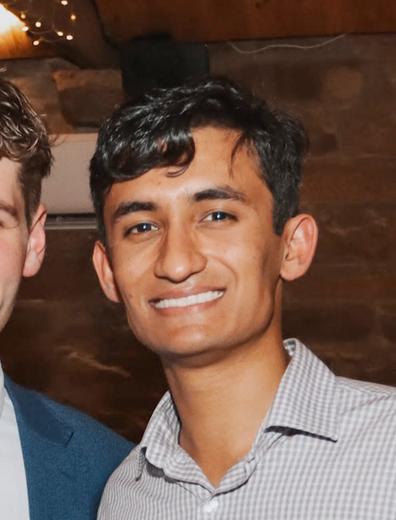
Yash is the 2024 MUMUS President
Maximising Student Funding:
Secured more SSAF funding than ever before, allowing us to enhance the Monash medical student experience
Financial Revitalisation:
Strengthened MUMUS' financial standing, providing a robust platform for our social initiatives
Developed resources to demystify the internship application process for final-year students, including webinars in collaboration with other Victorian medical societies
Reviving the Social Scene:
Organised fantastic events such as Clinical Drinks, the 5D + Preclinical MedCruise, Year A/Year 1 MedCamps, and Mixed Netball tournaments for Preclinical and Year A students
Increased our social media presence, especially on Instagram Follow us @yourmumus for the latest updates!
Looking ahead, expect a new and functional MUMUS website, more advocacy surveys to improve your course experience, and an exciting lineup of social events, including MedBall!
We hope you ’ ve noticed our increased presence on campus, and I’ve personally enjoyed meeting so many of you in person
It has been a pleasure and a privilege so far, MUMUS 2024 ����
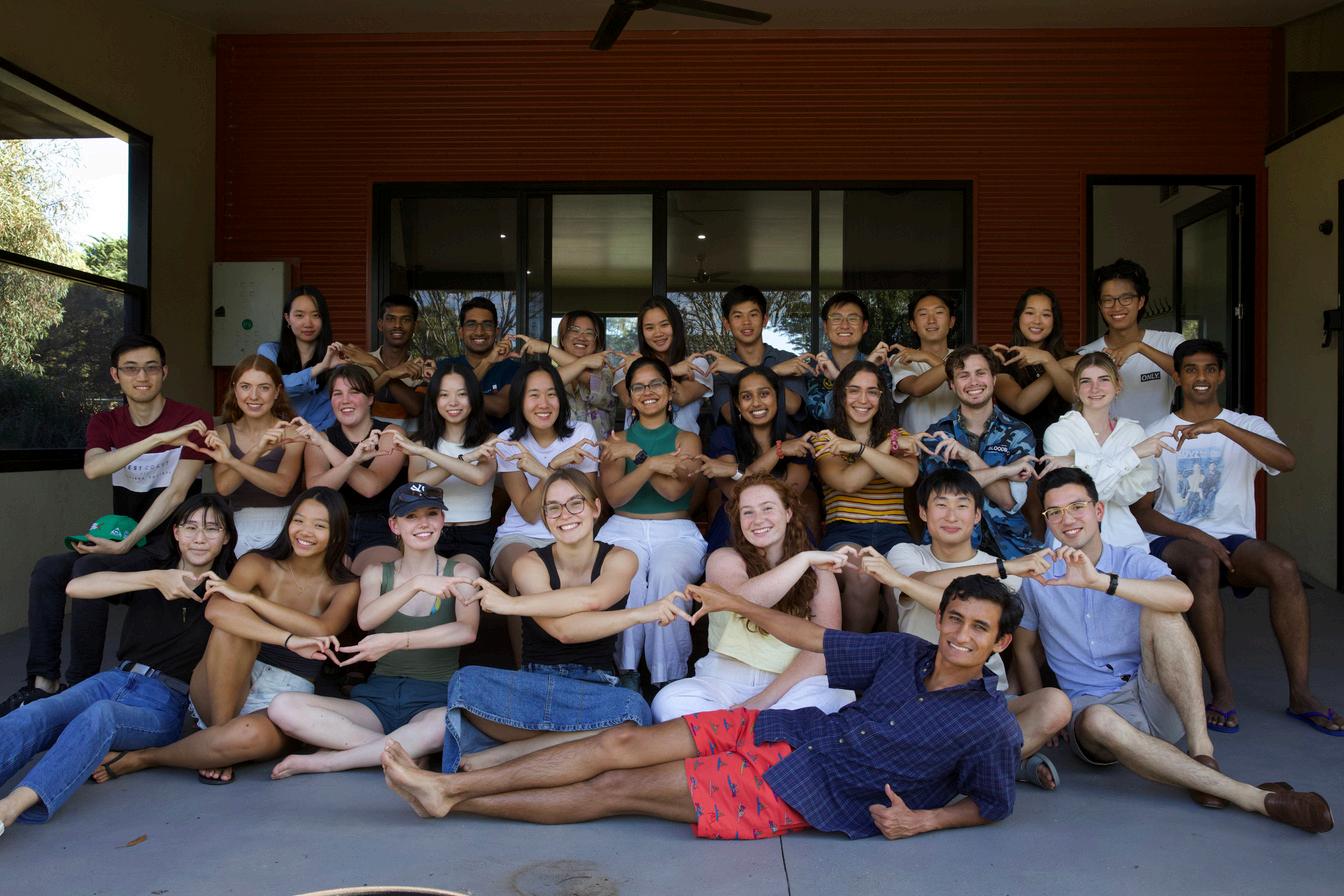
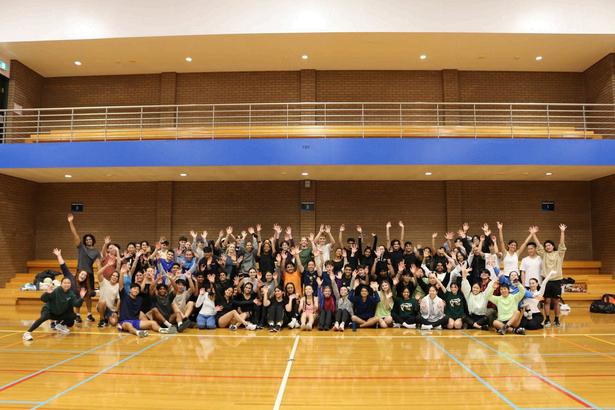
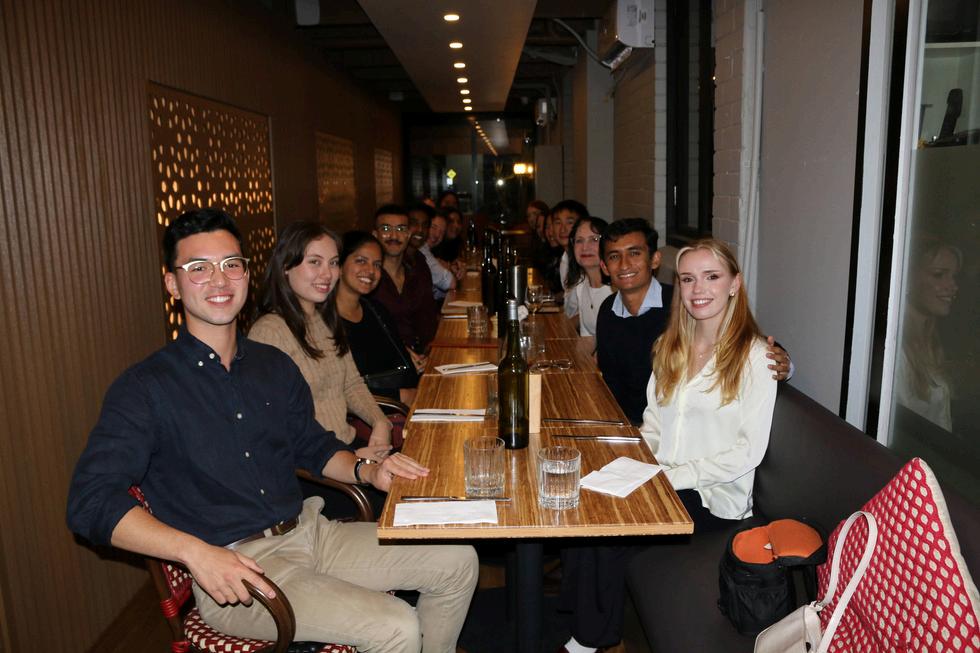
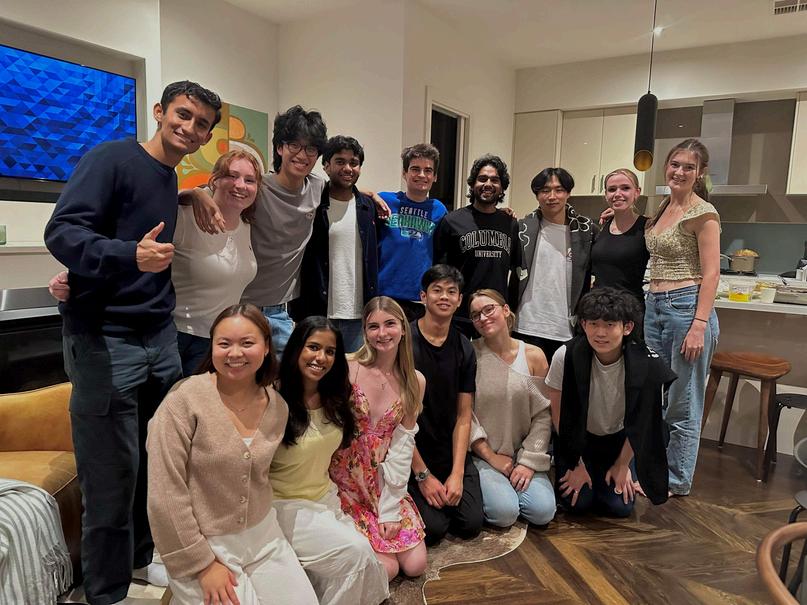

The following is a transcript of an audio interview with Prof Nixon on the Auricle’s accompanying podcast, The Ossicle. Interview conducted by Angelica Haskins.
Hello and welcome to the first 2024 edition of the Auricle and its accompanying podcast, the Ossicle! Today, I'm interviewing Associate Professor Rosemary Nixon , who has practised in general dermatology for over 30 years and is the only person to have Australian qualifications in both dermatology and occupational medicine An alumni of Monash , she completed all of her university degrees here and was Unit Head of Dermatology at Monash Medical Centre from 1991 to 2001 , and continued as a visiting dermatologist at Monash Health until 2017 Rosemary has published over 150 scientific papers and frequently lectures on occupational dermatitis
In 2017 , she was made a member of the Order of Australia (AM) for significant service to community health in the field of occupational dermatology, as an academic and researcher , and to professional standards
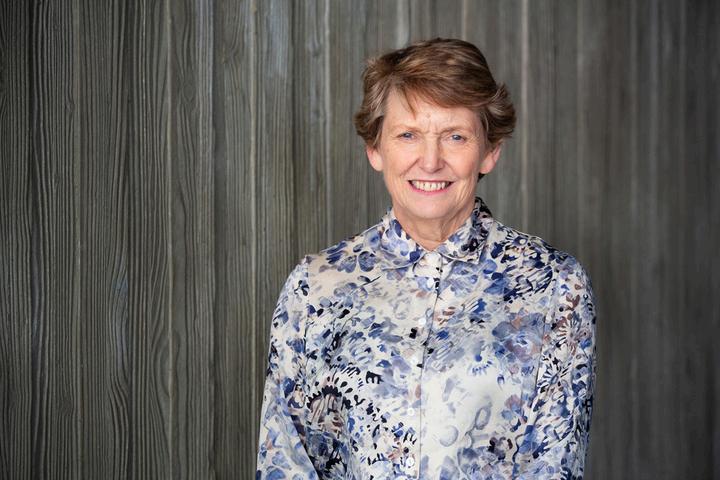
She divides her time between her research group, the Occupational Dermatology Research and Education Centre (ODREC), the Occupational Dermatology Clinic both at the Skin Health Institute; and her practice in general dermatology
Hi Doctor Ro it's really nice to finally meet We have got quite a few questions prepared today but first we ' re going to start off with a really basic question:
What inspired you to pursue medicine?
Well thanks, it's great to meet in person after so long and I'm flattered that you ' re interested
So, I was quite young at school: I turned 17 during the year 12 exams and I was really not sure what I wanted to do so I decided to take a year off the term gap year hadn't been invented then so I deferred Quite a few people deferred in 1973 because Gough Whitlam had come in and made university free
I really didn't know what I wanted to do but I’d done some science subjects at school and I thought that was probably where I was going I wasn't that A S S O C I A T E P R O F E S S O R R O S E M A R Y N I X O N , A M has practised in general dermatology for over 30 years and is the only person to attain Australian qualifications in both dermatology and occupational medicine.
H U M A N S O F M E D I C I N
interested in medicine mainly because when you go to the doctor you ' re sick and it didn’t really appeal to me, but then I got a job at the Prince Henry's department of Medicine, a hospital on St Kilda Road that became part of the formation of Monash Medical Centre in 1991, when it moved There, I was employed as a junior research technical assistant for these folks doing PHDs in medicine and thought ‘ wow this has really opened my eyes to research and academic medicine,’ and I was hooked!
I thought I'd get into medicine but I didn't, because I'd done pure and applied math and that affected my score So then, I was on a bit of a treadmill to get into med and I'm sure many people have been through that process; it's always been tricky So, eventually, I ended up doing honours biochemistry before I transferred Monash had a programme called the combined year where you did a combination of second year and third year medicine, plus the three clinical years, so that was another four years to finish but that was great and having that experience with science was very important because I learned a bit about chemicals, which subsequently became quite important in contact dermatitis
That’s a really interesting journey and I'm sure lots of people relate to taking a gap year or deferring a few years before starting
So, you gave us a little bit of an intro in regards to your journey to medicine but what led you to pick dermatology in particular?
I always liked dermatology as a student and used to go with a friend to additional dermatology clinics at Queen Vic and Prince Henry’s and we would go to the dermatology outpatient clinic, which was on Monday morning at Prince Henry’s remember the dermatologists talking about the
football and what movies they’d seen and I remember thinking these aren ’ t are real doctors, you know, it's life and death in intensive care; I was interested in other things

But then, in those days you worked very hard In fact; I was the poster girl for an AMA campaign to reduce doctors working hours and at that stage I was a resident in oncology at Prince Henrys and I think I added up about 100 hours of work a week, so you worked very hard My overwhelming impression of medicine was that, in those days, the culture of the hospitals was so different in then Everyone was working very hard, a lot of the consultant staff, would you believe were having affairs with junior staff because their work was their life! And I remember thinking this is not a good way to live you need to have a bit more work-life-balance What about those dermatologists who used to talk about the football? So then, I went back to the dermatology clinic and then I ended up being the first person to actually do a research year prior to starting dermatology training
At that stage you had to do a first part exam in dermatology and I knew that the demands of the hospital jobs were so great that you would not have time to study so I did a research year with Robin Marks who eventually became the first professor of dermatology at The Alfred and then that year I was able to study for the first part and got into dermatology
Amazing ! That's an interesting career pathway
So, what are some of the best and worst things about dermatology for you?
Well, it ’ s hard to find a worst thing! Dermatology is fantastic I think the variety of patients, as it ’ s said that there are over 3000 dermatological conditions
The fact that you see elderly people but you also see young people, you see babies, you see teenagers with acne, and the fact that you can help people Itch is the second worst symptom after breathlessness, so if you see itchy people, they are really upset, their quality of life is terrible but you can help those people If people have spots or skin cancers, you can help them One reason that I joined dermatology is that you can do stuff! If someone comes in with a spot, you can just take it off at the time
“Dermatology is very satisfying”
I think this is probably disappearing, but my generation were always very hands-on so rather than send people away to come back another day you just did it on the spot And so, it has been very sad to see the decline in the amount of dermatology teaching When I was the head of Monash we had 13 hours of dermatology lectures and it is gradually being whittled away because they couldn't fit them in anymore, so that that means you ' ve got a lot of doctors and particularly GPs who haven't done much dermatology, so the patients are very pleased to see you Dermatology is very satisfying
Can you tell us about a typical day for you?
I've evolved into doing a number of different areas, so I really have three jobs I have a patch testing clinic at the Skin Health Institute in Carlton The Skin Health Institute is like a private tertiary referral dermatology outpatient centre which was
started by the dermatologists of Melbourne in 1987 in response to the fact that the public hospitals are never going to expend any significant resources in dermatology We don't have operating sessions, we don't have many inpatients they barely tolerate our existence, so it was really up to the dermatologists to set up our own purpose-built centre by the model of donating our time and charging the patients, so this organisation has now thrived for over 35 years since 1987 I’ve recently become the president for four years, and I run an occupational dermatology clinic, which is a patch testing clinic and so people come in with suspected occupational dermatitis three times a week in the same week: Monday, Wednesday, Friday for patch testing
In the other times that I'm at Skin Health, I have a small research group In occupational dermatology, weve had a great data base since 1993 when I actually started the clinic initially at Monash Medical Centre
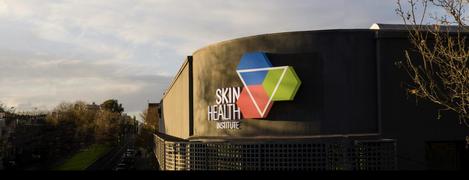
I also have a long day of private practice once a week So, to answer your question, a typical day means when I wake up, I have to think what day it is and then I know what I'm doing, whether it's a patch testing day, research day or a private patient day
That sounds like a very busy week
It's wonderful actually, it's a real privilege Ever since I've done dermatology, I've had to think what day it is because that's because when we were registrars, you go to different hospitals on different days, it ’ s a terrific programme although, albeit, logistically quite tricky, so it's a real plus of my life that I've always had variety in my week
You’ve obviously made a huge impact on the world , particularly in regards to your work in contact dermatitis , patch testing and occupational dermatology
Are there any other changes you'd like to see brought about in the dermatology world or even outside of that in terms of medicine?
Just in the dermatology area, one issue that I'm often confronted with is when we see people for patch testing Sometimes, they have had suspected occupational dermatitis, sometimes, they’ve had suspected contact dermatitis from cosmetics I'm amazed, if not appalled, by how much stuff people buy for their skin I think that big business is out to sell things to people, be it cigarettes, be it sugar, be it alcohol, be it unnecessary skin care items It would not be unusual to see people with suitcases of skin care products with often very expensive plastic bottles which are harming the environment So, if I have one area of dermatology which I think is inappropriate, it is over consumption of products that concerns me a great deal
Going on with that, I think the sort of increasing trend for young people, particularly young women to invest money in cosmetic procedures at a young age is of great concern to me Women are always going to end up with less superannuation than men and to see them getting on a treadmill of spending money on cosmetic procedures concerns me Plus, some young women don't realise the advances that feminism has made over the last 40 years and I'm just astounded when I see young colleagues who change their name when they get married but I guess you can't rant and rave, it ’ s just a personal thing I could go on but we’ll leave it
I think that's a really good topic of discussion We were just talking about the book , ‘Lessons in Chemistry’ and discussing how treatment of women particularly in sciences has evolved over the years,
but it seems that discrimination and discrepancies between men and women still persist even now , and this is not isolated to STEM , which is really sad
Yes, exactly
I have noticed right now , on TikTok and Instagram, it's a trend for really young girls in particular to go into all the big makeup stores and buy lots of products
It’s just terrible I don't do social media, I guess that's one of my other bugbears, is where people get information from, but I think selling skin care products to tweens is just horrible and I think people just have to understand that they're being exploited
It is definitely an important area to tackle
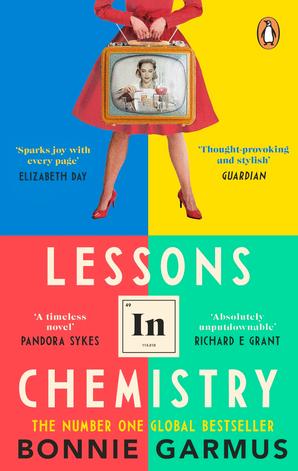
One of Dr Rosemary’s most recent reads
Moving on from that , are there any moments in medicine that you ' ve experienced which have made a long-lasting impression on your life?
I think that sometimes, one area I would choose is that sometimes you see difficult patients and that's tricky but I would make the observation that you often don't know what's going on in people's lives Sometimes, I've had some very memorable discussions when you spend time with people, such as when you cut out a skin cancer and you can talk to them and you realise that some people have pretty terrible lives
If you look at statistics, the rate of sexual abuse of children hovers around as high as 10% and higher in some studies and some people have had very difficult lives and while you can't excuse bad behaviour, you never really know what goes on in peoples’ lives So, sometimes I've had patients who have been difficult and you just put up with it and then find out actually they've got a really good reason for being difficult as they’ve had a very hard life, so I think that you always have to keep that in mind
A very important lesson
What are some of the biggest challenges you ' ve had to deal with?
Well, my husband died when I was 60 He died of mesothelioma He was quite a famous architect and so you don’t expect to be widowed at 60, so dealing with that's probably the biggest thing for me
I'm sorry to hear that You have my sympathy ---
What was the biggest surprise in your career journey?
I think just the fact that it's been so enjoyable! I think that the fact is it's funny having a niche like occupational dermatology but it's just been really interesting to be able to work in the area to know all the interesting folks overseas It’s been such a niche area that there haven't really been many other people that have been interested in it and it's been wonderful to have a career like that, in such a niche
In a way, I have a bit of a generalist approach to life: I'm a lumper not a splitter, but to sort of hone into a particular area and be the main expert, your life is fun!
That must be great!
What's one thing that you think everybody should know about skin?
The most important thing about skin is downloading the SunSmart app and understanding that at certain times of the year, from late August in Melbourne to the end of April, there will be times where you need to sun protect
So, for Caucasian skin, you need to sun protect if the UV index is 3 or more For darker skin, there are slightly different guidelines, however, you also need to get your Vitamin D
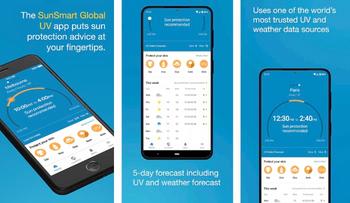
I think this is something that's really emerged in recent years: ever since a dermatologist, about 20 years ago fell over on a golf course and fractured his leg because of osteoporosis, most of us have had a much greater awareness of the importance of actually getting vitamin D appropriately from the sun I think having the SunSmart app which tells you the UV levels, is a very good way to monitor how much vitamin D you are getting and so the message is nuanced; it's not just protect yourself from the sun, it ’ s get appropriate vitamin D, as well
I have never even considered that! That's really cool So to clarify, if the index is less than three ?
If the index is less than three, you don't need sun protection, so that's when you need to go out and get some UV So, you can base your sun protection on the UV index
Now, I'm always going to use my sunscreen on my face because you want to get your vitamin D through other areas and obviously if you expose a lot of skin it's very good if you were having a swim in winter time, and you were wearing your bathers, you can expose a lot of skin to the sun Of course, you'll absorb the vitamin D quite slowly in winter in southern latitudes because there's not much UVB around, but getting that balance is really important and I'm very proud of my high vitamin D levels As you ’ ve seen I’ve just had a great weekend climbing mountains and kayaking!
Amazing lots of vitamin D! That was really interesting I'm excited to go home and download that app
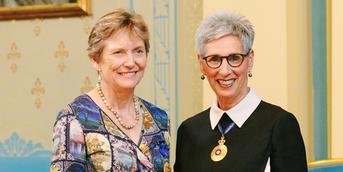
Is there anything that you miss about other specialties in medicine?
I don't, but I have to say my colleagues and I from the Monash year of 1981, we feel very privileged because we really were given a terrific education and even to this day there's lots of things I'm not up with but when relatives or friends have medical issues, I am always surprised that we have a good grounding I think in those days, you could sort of learn about every disease Since then, there's been a knowledge explosion and it's the job of universities to teach you how to think and how to look up information but we had a terrific
“It’s been wonderful to have a career like [this], in such a niche”
education, we really learned a lot about other conditions, so I've always felt that I've had a bit more knowledge about other areas and that's really helped me over the years; I've made some quite good diagnoses in areas outside my specialty
I think it's really great that all these years of school have helped us to be able to have the skills to understand things; even if there's a topic about a specialty or something we haven't yet studied , we have the privilege to be able to read a research paper and understand what's happening which I'm really grateful for
Yes, I think gratitude is actually really important
This might be a difficult question, what is your biggest regret in medicine?
I think my biggest regret is when I see people doing the wrong thing So, there's been instances of overservicing I think some of the skin cancer clinics these days provide a good service but in very early days there were bulk billing skin cancer clinics that practised unethically by excising things that didn't need to be excised It's very easy to be unethical in skin I once referred a patient for removal of skin cancer by a plastic surgeon who then cut out 16 solar keratoses, as well as the skin cancer, so when I see over-servicing and particularly overcharging sometimes, it breaks my heart There are some very hungry practitioners out there and it does concern me greatly
That concludes most of our medicine-related topics. Now, we ’ ve got a few more questions which hope to give an insight about you as a human outside of medicine. So, what are some hobbies that you enjoy?
Well, I've always liked keeping fit, so I have always liked things like bushwalking and skiing I go to a regular choir once a week, that’s been fantastic;
I think singing is great I've always been a bit of a volunteer, so I volunteer as Treasurer of a local friend’s group, I was a scout leader for ten years; I still volunteer; I do first aid; something called the Melbourne gang show which is a scout musical theatre event, and I'm quite involved in Rotary, so I'm just a bit of a volunteering type!
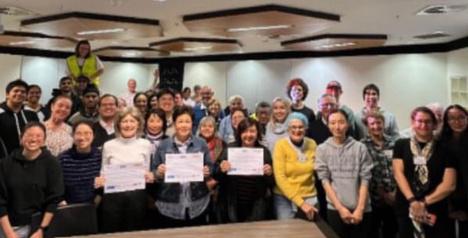
Do you often spend your weekends doing thes things?
Yes I always like to spend time in nature I think that nature is incredibly restorative and I think being outside is really important for the human soul Just on the weekend, I heard something I've never heard before: there are two doctors that can help you doctor time and doctor green!
I was going to write that down like let's go look them up, that's funny
A friend told me that; nature does heal
I actually have a friend who recently completed an honours project which was comparing people looking at pictures of nature on a screen in comparison to actually walking through nature and the effects on their mental wellbeing and I know I think , oh yeah going out in nature , I feel happy, but there's actual science to prove this now!
There’s lots, and the Japanese are right into this They call it shinrin-yoku and it's really really important
“Nature does heal”
There’s a very good website that folks might be interested in: the American Association of Landscape Architects; if you Google their website, they have a whole list of the health benefits of nature and they have all these different medical conditions and they list scientific articles how being in nature can help diabetes or Alzheimers or whatever It's really good and there's a lot of literature about it
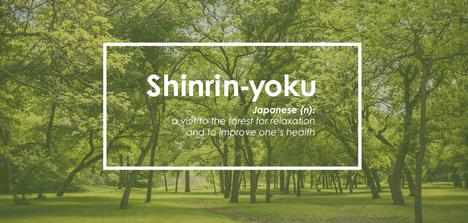
What kind of advice would you give to your younger self ?
‘Nothing ventured, nothing gained’ has always been my philosophy I think you ' ve got to try stuff, you ' ve got to take advantage of opportunities I think the most important things I would say, in your life, are keeping socially connected: so, putting a priority on social relationships I feel for your generation who was so impacted by covid and I think phones and social media communicate in a different way and that some people have, as a consequence of all of that, don't perhaps catch up in person as much as our generation did Remember, our generation grew up talking on the phone, that was how we communicated with our friends
So, social connectedness and health and I think the most important thing is that you have got to look after your fitness and look after your health You know, as a doctor, on the first day you graduate, the patient will say don't get old and you know that bad things are going to happen So, putting a priority on your social connectedness and health I think are the most important things
“’Nothing ventured , nothing gained,’ has always been my personal philosophy”
Good advice!
What's the purchase under $100 that has most positively impacted your life?
This is a good one, I think So once, I had a trigger finger My ring finger got sort of stuck and fortunately, one of my friends, a plastic surgeon, said, during a corridor consultation, ‘yeah, I can just inject that with steroids,’ because what happens is that the tendon gets stuck on a little loop and that made it better And then, after about four months, it came back again so she injected it again I said ‘ great, ’ and it was better but then it came back Then I thought, maybe there's another way of dealing with this, and so then I went to see a hand therapist and she made me little splint, which was less than $100 and I wore it every night for about a year until it broke and then the problem went away
So, the lesson was: there's different ways of doing things and it's also a plea to respect allied health All of those areas have so much to offer: I think physiotherapists are terrific because of my interest in health; when you get various injuries I just love the way they diagnose you and then they give you exercises and it's up to you to make it better I've recently had a knee replacement and the rehabilitation was fantastic, so I think that made a difference to me, and respect to allied health
There's a good lesson in that
This is a very vague big question: what brings you joy?
I think I'd have to say our daughters I have daughters aged 32 and 29 and I think growing independent adults has been a fantastic journey and I'm just so, so proud of them You see people with young babies and it's very easy to sort of helicopter around them I think we were always fly-in, fly-out parents and it's just great to see them make their way
Thats lovely
What is a book that has changed your perspective of the world?
When I had to think about all the books, I thought about Arundhati Roy’s The God of Small Things’ I remember really liking that and I've always enjoyed India and Sri Lanka My first trip overseas was to India and Nepal by myself years ago and I recently did a self-driving trip across Southern India which was fun
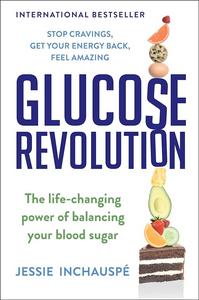
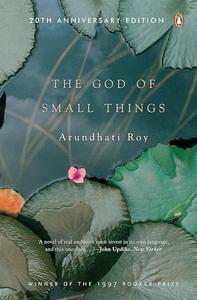
So, I was going to talk about that, but just before ‘Lessons in Chemistry,’ I read this book called ‘The Glucose Revolution’ by Jessie Inchauspé and it's all about ordering the food that you eat So, you have to eat foods in certain combinations and certain orders to reduce glucose spikes I found it fascinating, particularly for older folks and so many people developing type 2 diabetes, so: ‘The Glucose Revolution,’ I thought it was very interesting
Yes , and that would definitely change your perspective of the world
Leading on from that, what book do you give most as a gift?
This is a funny one because you tend to just give what's popular or new, but years ago when I was going to a lot of weddings, I used to give an atlas because atlases are really nice You know, when you are solving arguments over the dinner table, there's something about seeing a map You can probably see in my house here, I have lots of maps and as it was, I met my husband car rallying and would you believe I've navigated in over 200 car rallies, so I have quite a history of map reading and enjoying maps, so giving people atlases was something I always used to do
I feel like it must be a good thing to pick out a place and go one day after this argument is fixed , we’ll go here ”
Because you ' re a dermatologist I thought I might ask this: what sunscreens do you like?
So, I've always enjoyed Ego products; Ego’s a local company that’s made good formulations Propaira is another local company which is doing well, and La Roche Posay Fortunately, I don't want for sunscreens I think the most important thing with sunscreens is finding one you like and of course, if I could have a dollar for every time a patient asked me, ‘what skin care do you use, doctor?’ I’d be very very rich But the most important thing about all of these skin care products is just finding something that you like and therefore, you enjoy it
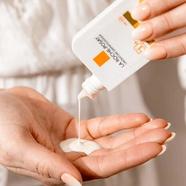
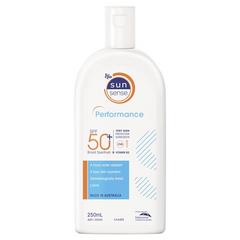
One tip for folks who may get irritated by sunscreen is if you use your lip balm around your eyes, that can help stop the sunscreen getting in your eyes, so that's a useful thing because sometimes it can be quite irritating to the eyes But the most important sunscreen is the one you like to use
“The most important sunscreen is the one you like to use ”
Okay I have snuck in one extra question: do you have a favourite Monash memory?
Look, we used to have a lot of fun because in those days we lived in So, in fifth year med, we had five weeks of medicine and five weeks of surgery, living in at Prince Henry's We had ten weeks of paeds and ten weeks of obstetrics, living in at Queen Vic, so it was really, really very different because you were there in the hospitals and you spent all that extra time seeing patients They had student quarters and we just used to have some terrific parties They were fantastic Doctor Sally Cockburn, who is now also a radio presenter, she was famous at our medical student parties, she was a great singer, back at the Chevron at The Alfred We just had some great parties!
Yeah , that’s what we want to hear! So , I think that's all the questions that I have for you, Doctor Rosemary Is there anything else you would like to say to readers?
No, I'm flattered and I think you ’ ve done a great job and thanks very much
Thank you so much for your time That was a really interesting and informative interview and we hope to maybe hear back from you later in the year to perhaps see how the derm world is going
Thank you!
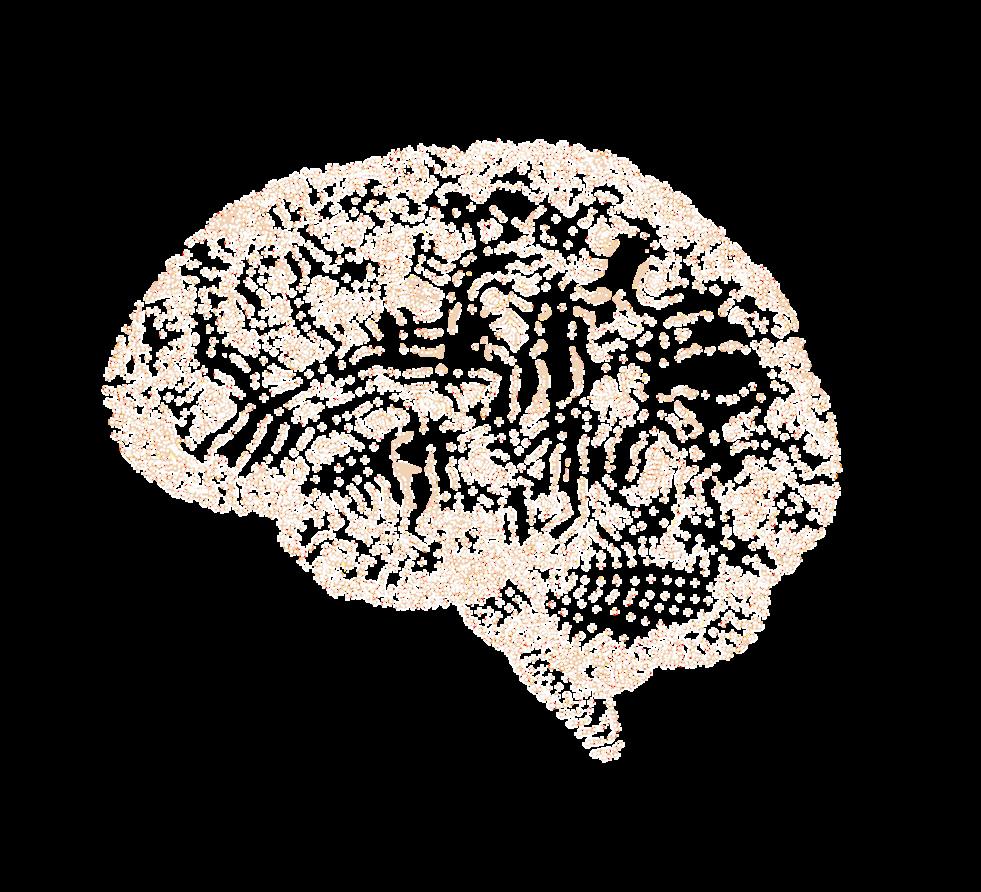

Run high quality, safe and fun events for all students in Monash Medicine.
This involves running a diverse range of events and being rigorous and conscientious throughout the event planning process.
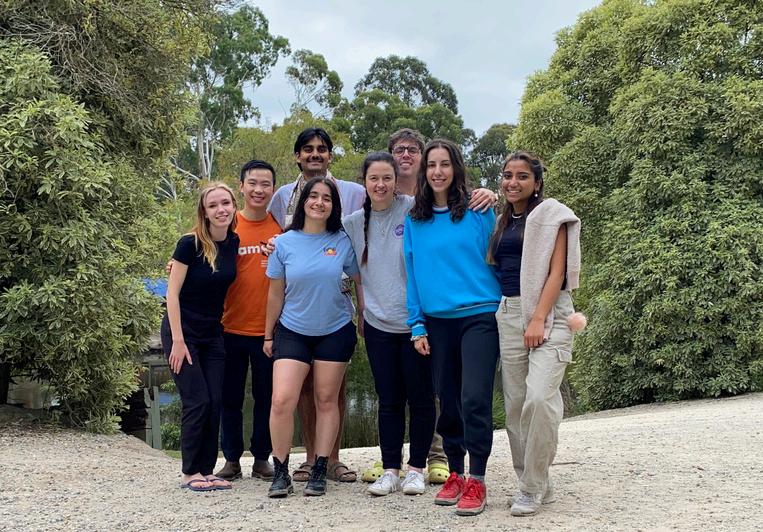

EVENTS SO FAR: EVENTS SO FAR: EVENTS SO FAR: ⛺ Year A MedCamp
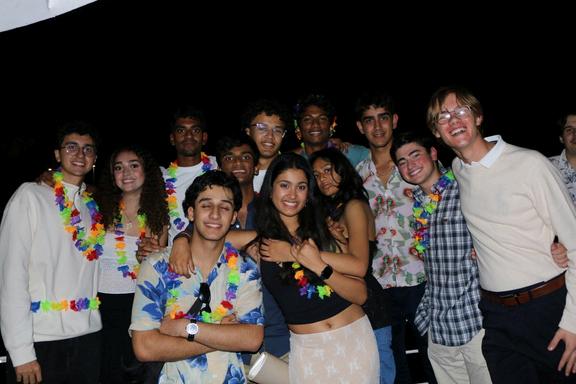
4C Mini Golf
MedHunt
Luna Park
MedBar
Futures Forum
Preclinical Rock Climbing
Welcome Back Clinical Drinks

�� YEAR A SPORTS DAY �� BMEDSC(HONS) POST LIT REVIEW DRINKS �� 4C, 5D AND BMEDSC(HONS) SIP & PAINT (ON HOT CHOCCIE)
3B HALFWAY PARTY
PRECLINICAL SCRUBCRAWL
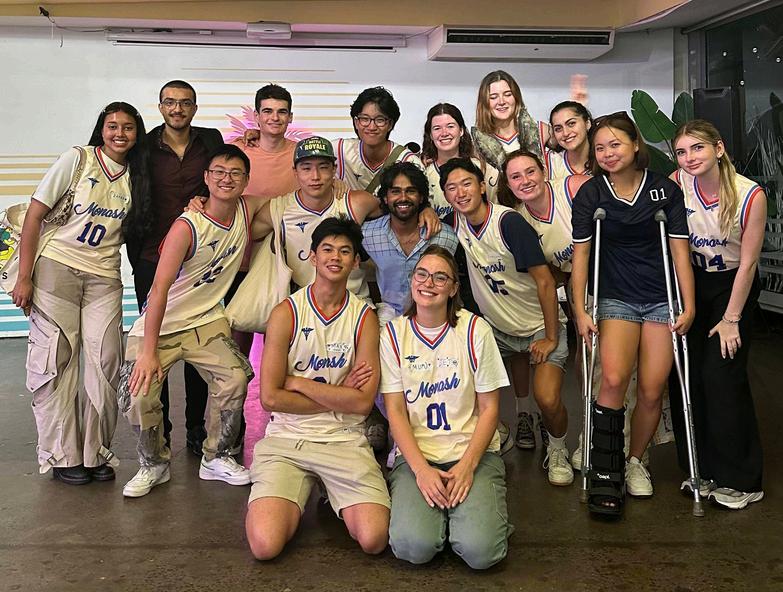
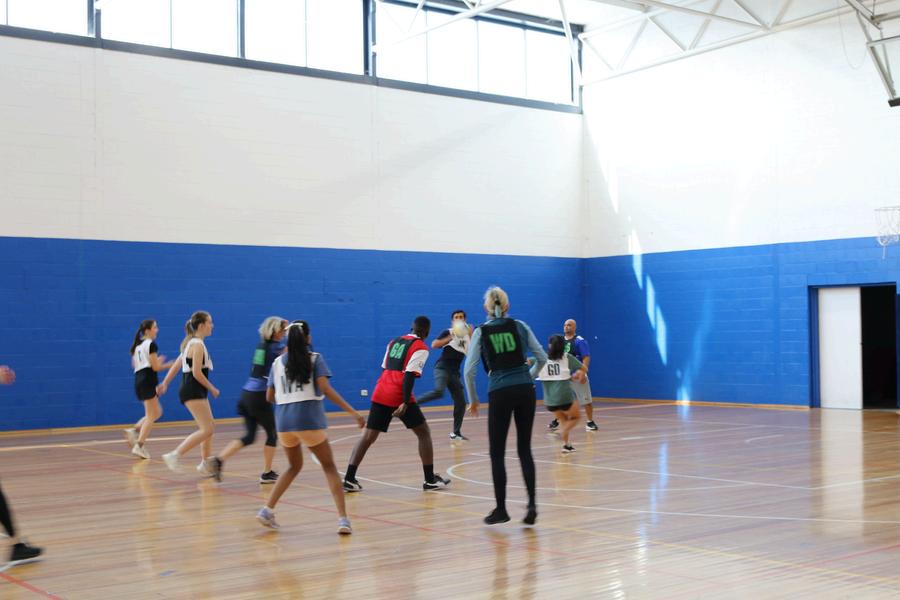
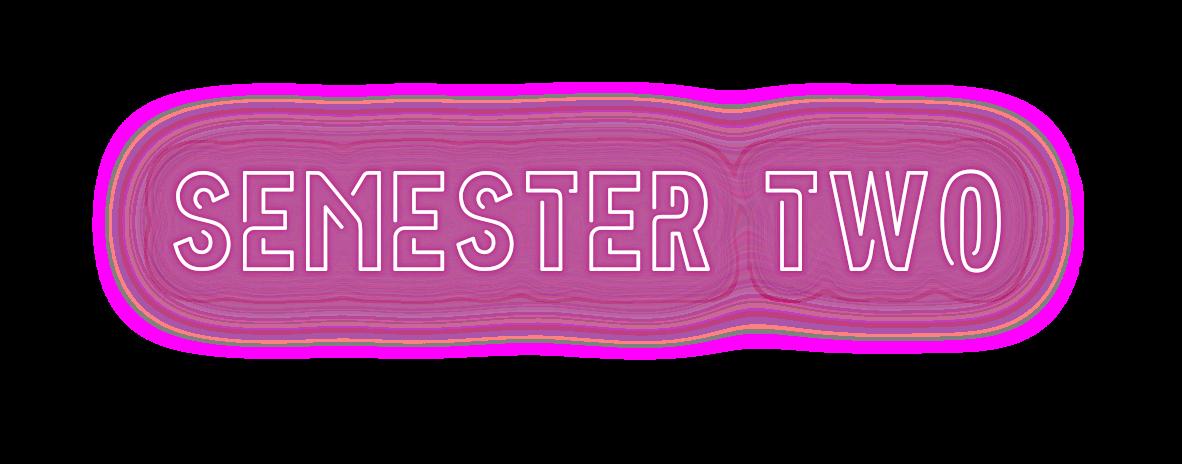
�� CADUCEUS CUP �� GIPPY BALL
MEDBALL
MEDREVUE �� AFTER EXAMS PARTY (AXP)

Huge O’Week and Medcamp engagement from year 1 students
Year As informed and explicitly invited to all preclinical events (thanks to our Year A rep Khaled)
Sold out events including Year 1 MedCamp, MedTrivia, Preclinical Rock Climbing and Preclinical Medcruise

Sold out Year A Quota for Preclinical MedCruise
Six completely NEW events in sem one thanks to the creative minds in our social team!
Stronger welfare procedures and centralised communication at events
5D + BMedSc(Hons) Medcruise itself!
Event Coordinator Drive had a huge uptake (50+ responses across all year levels!)
Stronger safety messaging to students prior to high risk events
Starting to implement an Accessibility and Inclusivity Policy for all events.


Liaising with other health student societies regarding a combined AXP
And we completed our lovely team!
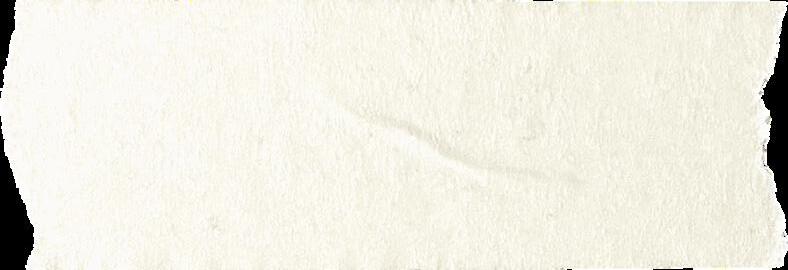
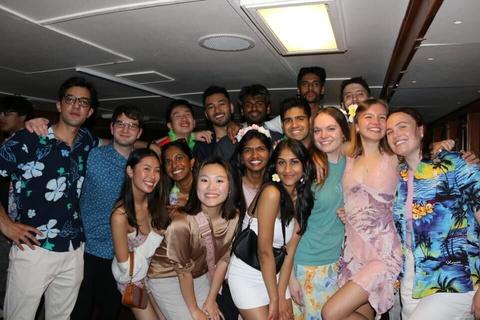
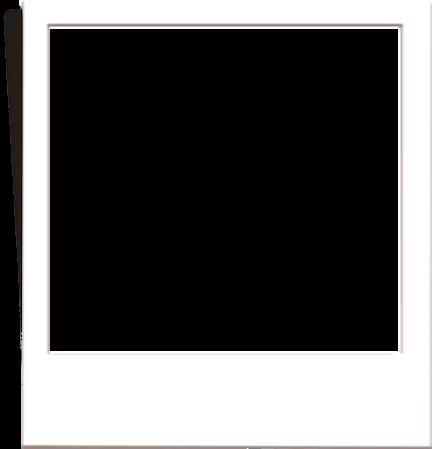
“ P S G E T
D E G R E E S ”
– D R M I C H E L L E
L E E C H ( & W E
L O V E H E R F O R I T )





CORRECTLY… ”
“LET ME SEE IF I’VE
UNDERSTOOD THIS
– HAMISH WOOLEY (THE BEGINNING PHRASE OF AN EXCELLENTLY ARTICULATED QUESTION AS STATED IN EVERY LECTURE EVER , AND ACCOMPANIED BY THE MOST QUIZZICAL EXPRESSION ONE COULD POSSIBLY MUSTER)

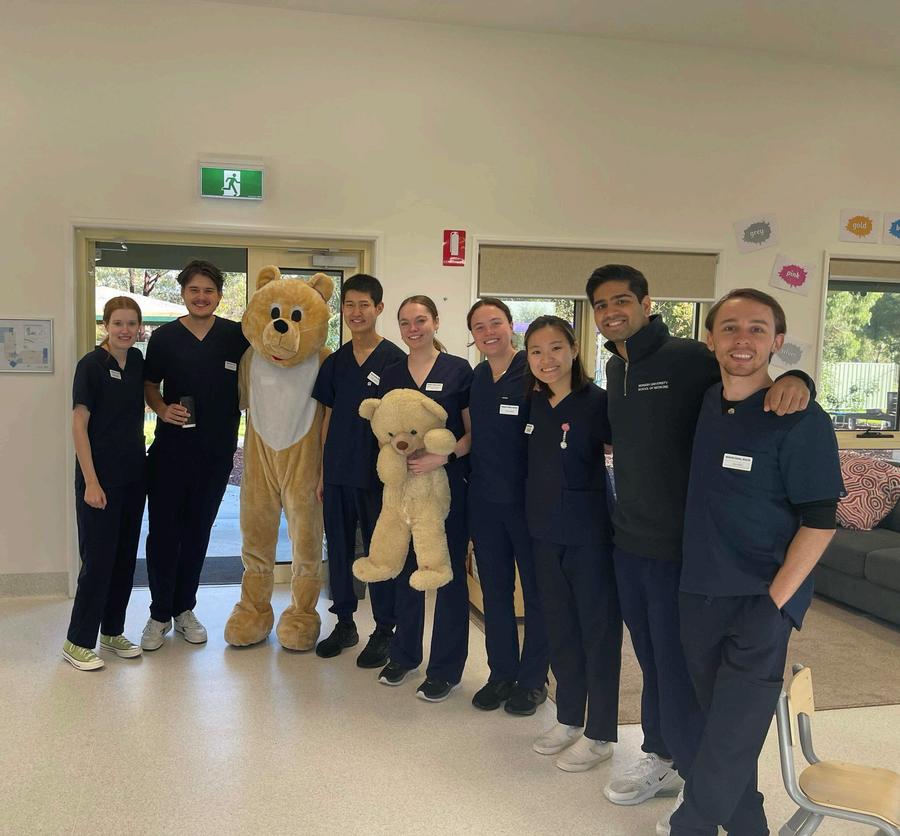

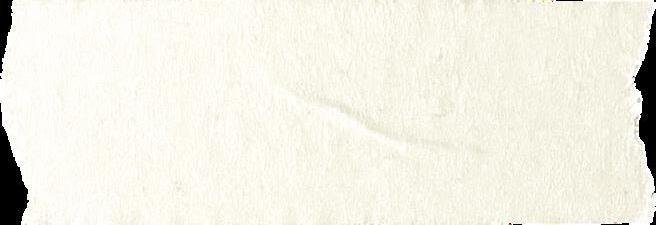
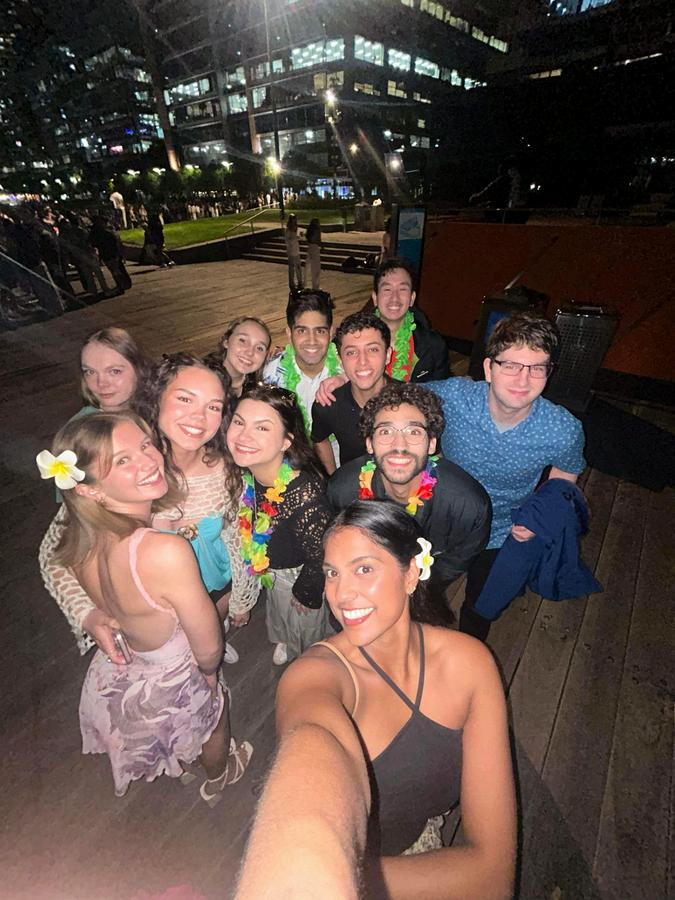
“I DRIVE TOCHURCHILL AND BACK EVERY DAY FOR CLASS. THAT’SOVER 3 HOURS. ” – RICHARD POH(CHURCHILL IS NOT FOR EVERYBODY)
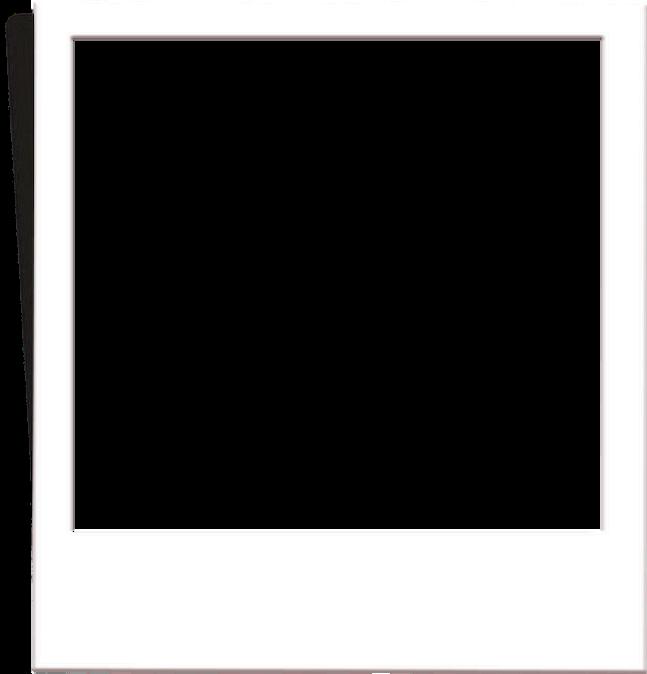


“I CAN’T
OBSERVE ANY MITRAL FAECES” – BANGYAN ‘BANGERS’ JIN (OVERHEARD DURING APEX PRACTISE)
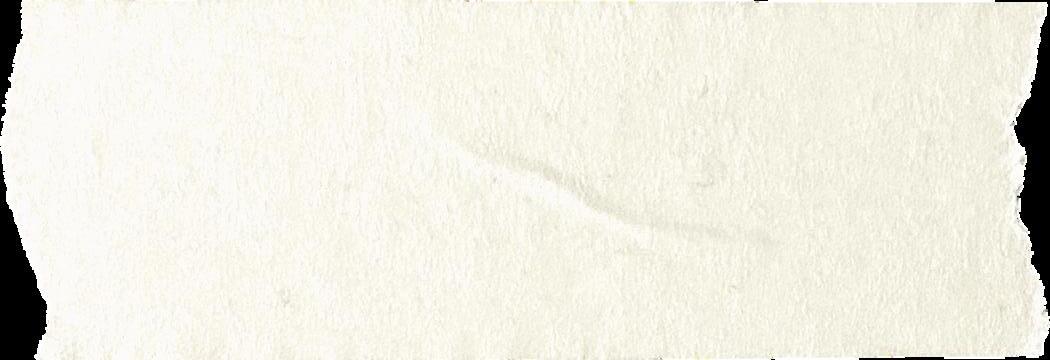


T A REMINDER FOR [INSERT 1 NREASONS] IGHT ” –(YEAR A ACA EALLY LOVES OLL)

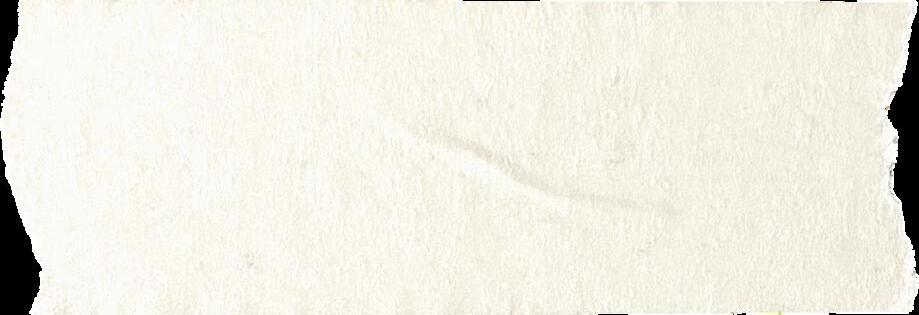

“ I ’ V E L O S T M Y
I P A D ” – O M A R A L B L O U S H I ( D O N ’ T W O R R Y H E A L W A Y S F I N D S I T A G A I N )
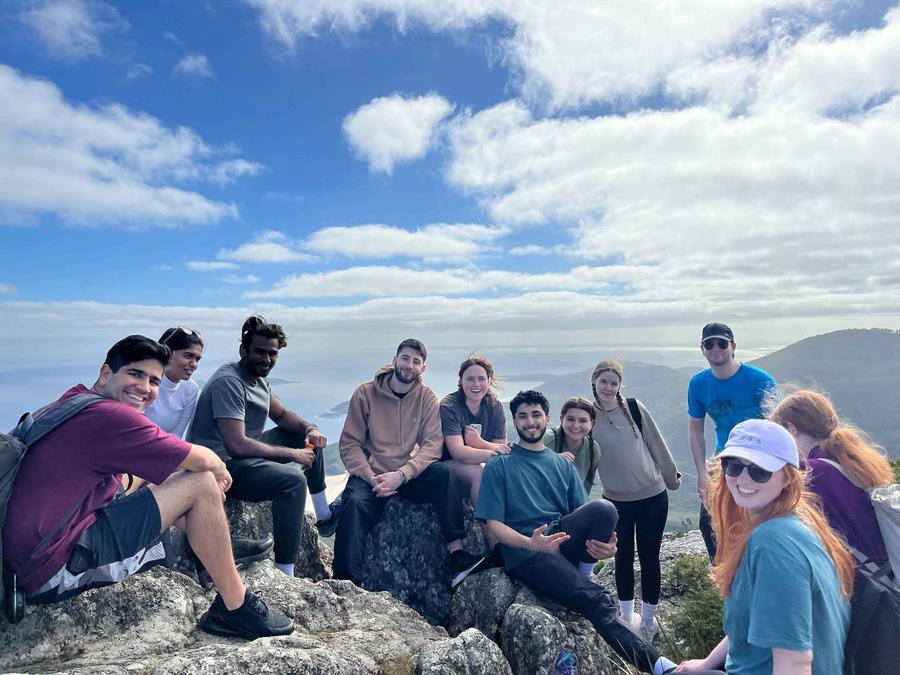
“PUB


TONIGHT?” – SHAUN DE MONTE (EVERY TUESDAY WITHOUT FAIL – AND HE DOESN’T EVEN DRINK! THE MAN LOVES HIS PUB MEAL)


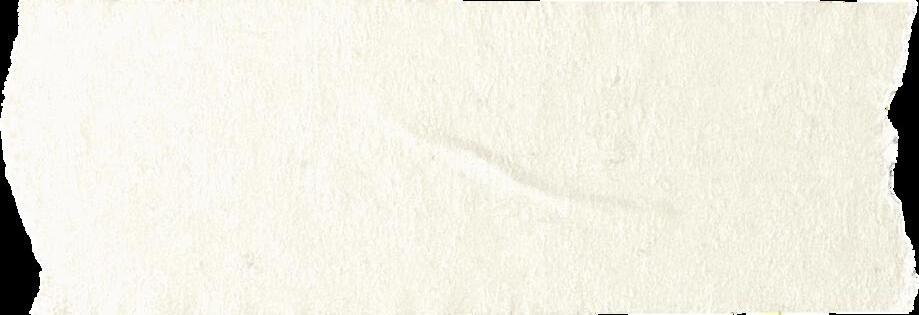

“JUST KNOW THAT EVERY TIME YOU FORGET YOUR LAB COAT YOU’RE KILLING A TREE” – DR JUSTIN ADAMS (OUR AMAZING AND SOMEWHAT ENIGMATIC ANATOMY LECTURER)

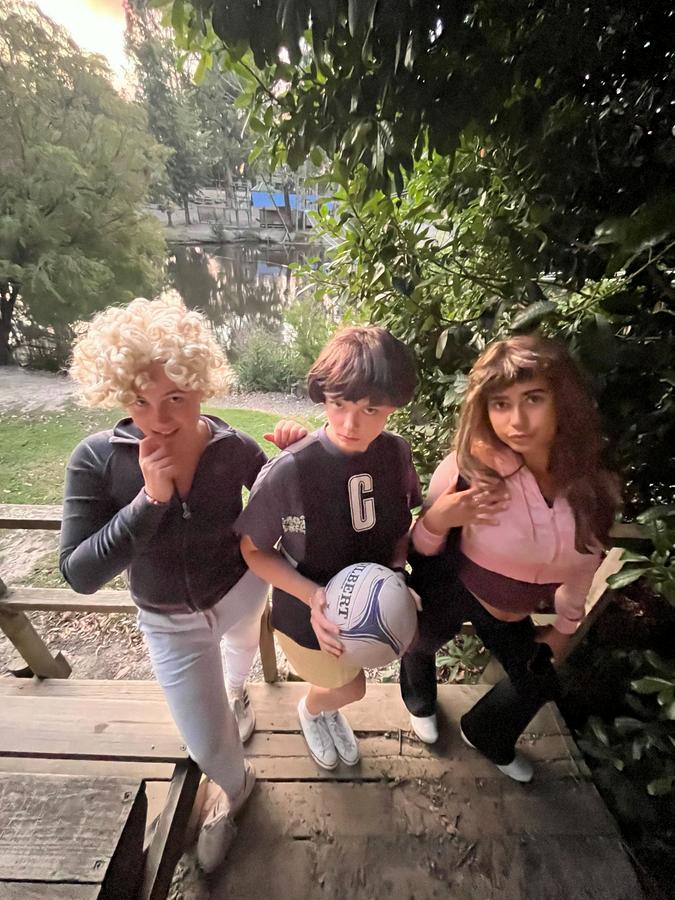

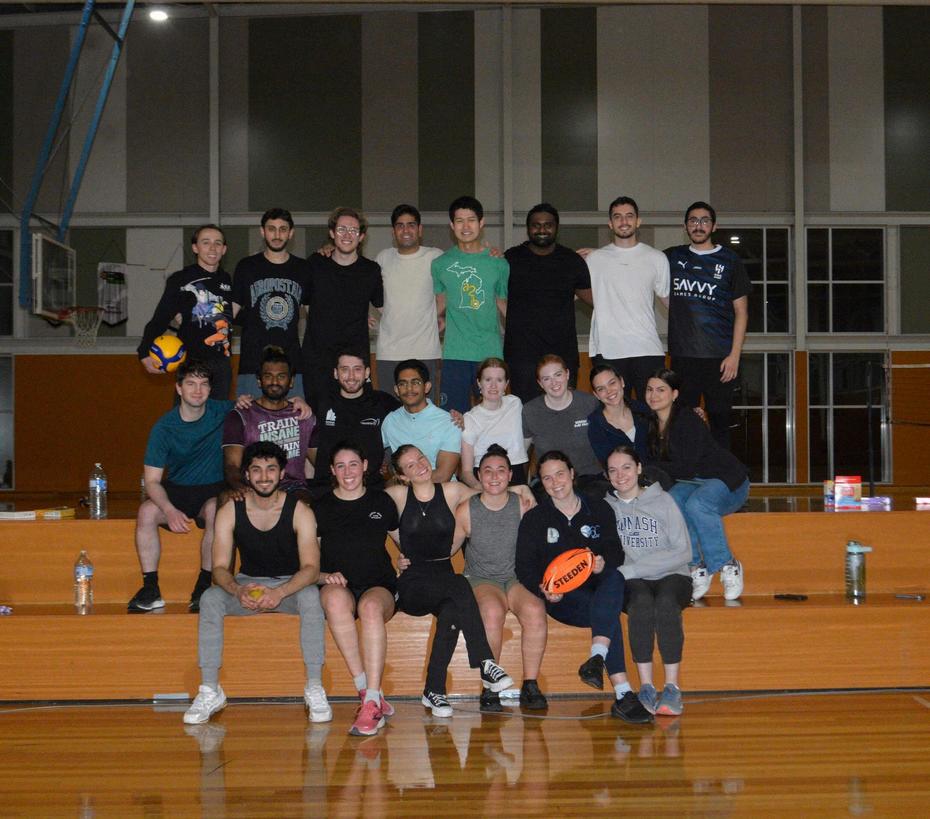
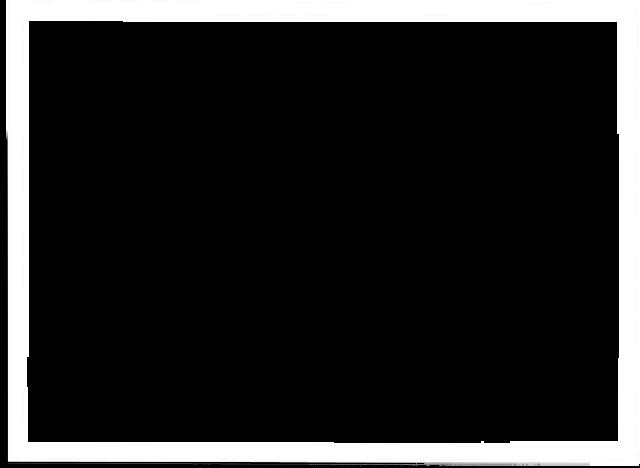


“ PLEASE NOT SALE , 2 .5 HOURS IS TOO FAR” – EVERY MEDICAL STUDENT BEFORE PLACEMENT ALLOCATIONS (EXCEPT PETRA)
By now, you might have ~heard of ‘The Ossicle,’ MUMUS’ very own Spotify podcast ! If not, don’t worry Here’s a breakdown of what you ’ re missing out on and why you should be listening !
You might know of the ossicle as the smallest bones of the body. Found in the ear, the ossicle is made up of three bones: the malleus, incus and stapes, and have an important role in transmitting soundwaves to the inner ear, allowing us to hear
Fig.1.TheAnatomicalOssicle
What you might not know, however, is that MUMUS have their very own Ossicle, a Spotify podcast series, adjoint to the Auricle, where we publish recordings of our ‘Humans of Medicine’ interviews
For each episode, we interview a remarkable individual involved in the biomedical sphere who is doing remarkable or unconventional things with their degree.
Each interview is neatly packaged in a bite-seized podcast episode readily available on Spotify--perfect for those long commutes to and from placement.
For our most recent interview, we met with Dr Rosemary Nixon, a renowned dermatologist. Flip back to our Humans of Medicine interview transcript to learn more, or check out The Ossicle on Spotify (under MUMUS Publications !)
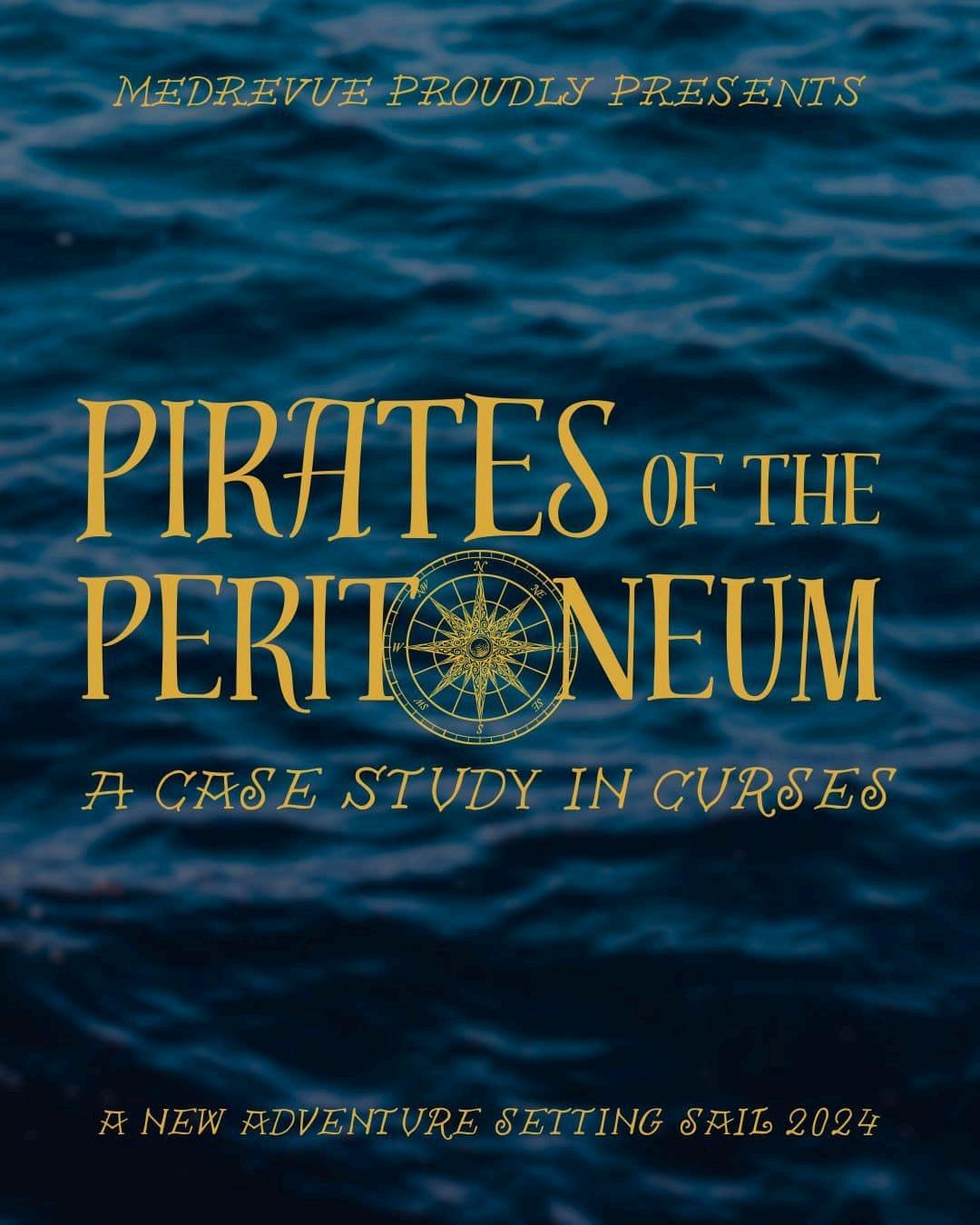

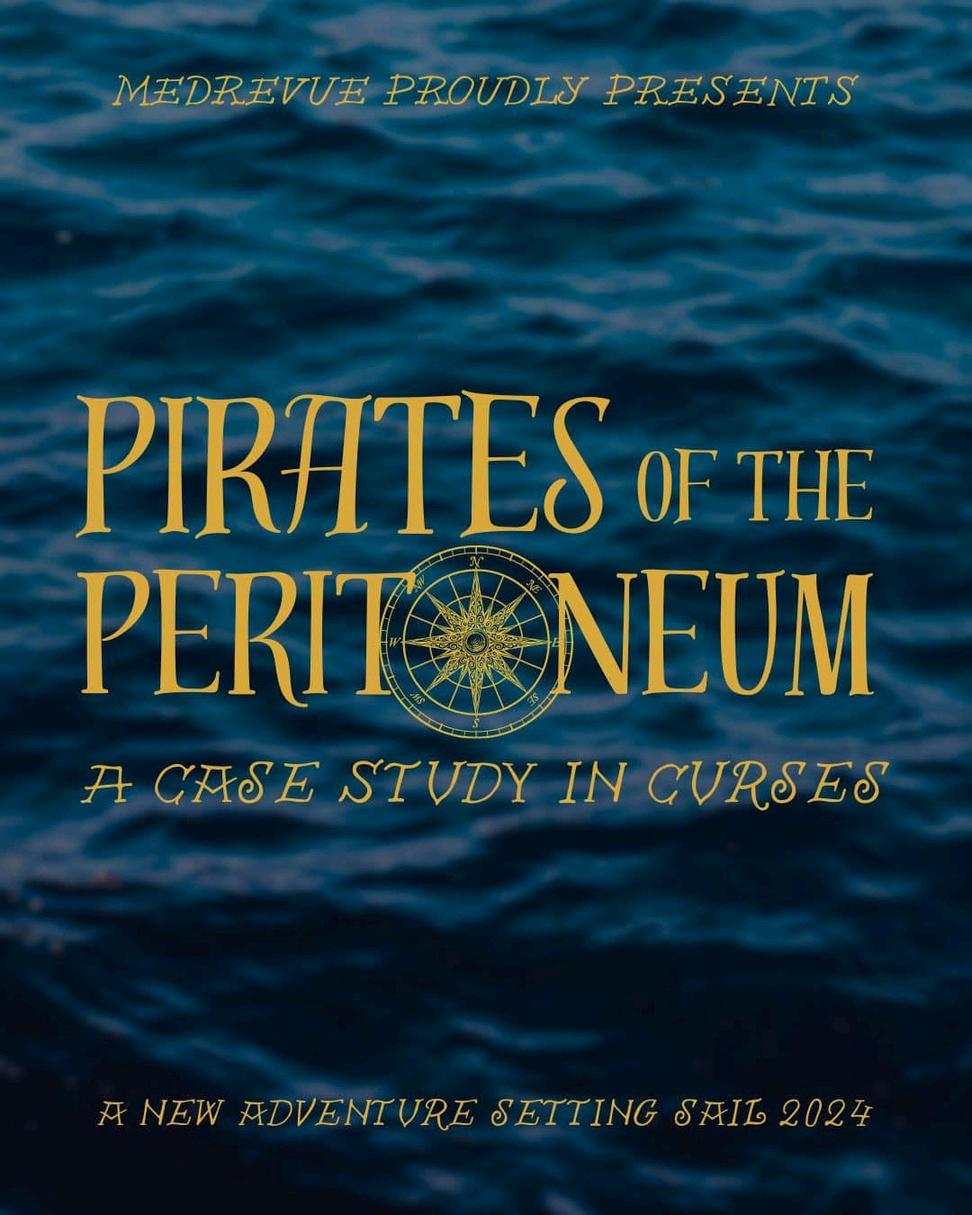


It is said that the greatest mystery of time is what lies at the heart of a singularity, beyond the Schwarzschild radius. Undeniably the second greatest would be the existence of people who have not yet seen a Monash MedRevue production…
These two questions were the focus of the greatest minds of MU Quantum Technologies, toiling tirelessly away feeding chains of data into massive supercomputers to decipher the secrets of the universe.
‘Give up lads, we are chasing nothing more then shadow, the unfeeling echoes of cosmic microwave background radiation,’ Nelson muttered. The task they were attempting was ridiculous, to collapse a three-dimensional object into two then a single point – a singularity. At best the world would be destroyed in the ensuing black hole – a small price to pay to advance science by such leaps and bounds however
The other scientists ignored him. ‘Initiating final reaction sequence. Firing in 10..9..’ the countdown had begun The two massive pillars, each tipped with a portion of the shattered gravitational anomaly, started descending towards each other. The machinery shuddered as the tips closed, bright rings of arcing electricity and twisted beams of negative green light spinning across the reaction room.
‘2 1 CONTACT!’
The anomalies were forced into each other
Silence. Blackness. For an eternal age all was formless in the void.
Finally, matter remembered its nature of existence.
The intricate collision chamber detectors, the computers, and the scientists all reformed. Streams of data began flooding the outputs
‘Sir you won’t believe what we just found,’ a breathless intern shoved the first ream of data prints into Nelson’s face He stared in confusion – instead of gravitation data it was a message, burnt against the numbers of the universe.


"Monash MedRevue proudly presents 'Pirates of the Peritoneum,' a swash-buckling thriller of a musical inspired by the legendary franchise 'Pirates of the Caribbean'.
When a terrible pirate’s curse befalls our poor medical students during placement, a risk-man incident report will not suffice as a solution. It is up to our brave heroes Jack Sparrow, Elizabeth Swan, and Will Turner to find a way to break the curse before sundown lest all of them be claimed by Davy Jones locker…
Produced and performed entirely by Monash medical students, our musical features astonishing feats of acting, mesmerizing choreography, and a live band bringing out the most wanted pirate jams with all new reimagined lyrics! What are you waiting for, for only $20 you too can come watch us hoist the colors and set sail in the biggest hit since the Titanic's encounter with an iceberg (disclaimer, no Titanic but definitely pirates)."
Stay tuned for an early bird sale commencing early June!
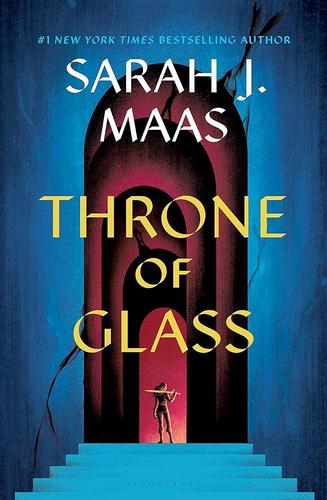 SARAH J MAAS
SARAH J MAAS
This series is one I would recommend to everyone whether you’re into fantasy books or not! Even though it is a long series (8 books) it never gets boring and the twists along the way are ones you can never guess in advance
This is especially true for book 3 onwards so make sure you keep reading on!
Reviewed by Saskia M, 3B

A short and captivating read if you want a book that feels like you're watching a movie. My Brilliant Friend is a cutting and lifelike account of female friendship, childhood, and life as a student
Find yourself so immersed in the first novel of Ferrante's quartet that you'll be ensnared by the Ferrante fever!
Reviewed by Erika P, 3B
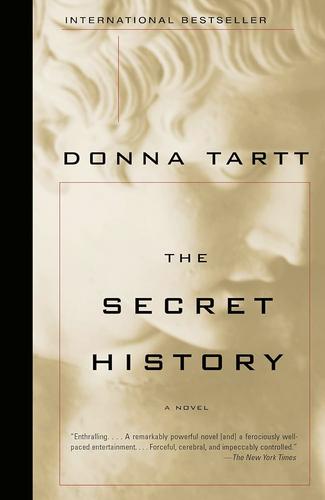
Honestly, there is no need for books in the dark academia genre after this one It perfectly encapsulates the eerie and obsessive atmosphere of a small class that develops an almost cult-like fascination with Ancient Greek mythology. One of my favourite things about this book is the depiction of a slow descent into the point of no return - and being able to trace the decisions and actions that got these characters to such a bizarre place. I didn’t expect the mystery/ thriller aspect of this book but I was RIVETED!!! Overall, one of the best books I’ve ever read and I highly recommend
Reviewed by Tanvi A, 3B
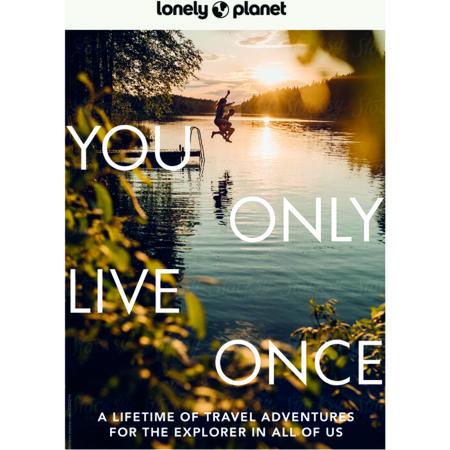
As a medical student, the book “You Only Live Once” gives me huge inspiration, reminding me that I do have a life outside of medicine and I should use my finite lifetime to do something that I love- travelling and exploring our beautiful planet earth, because I do only live once!

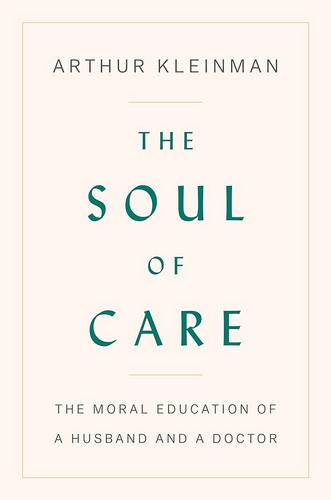
This collection of short stories will make you reevaluate every thought you have ever had about the world. It makes you feel equally uncomfortable and intrigued. Its easy to digest form makes it a quick and easy read
Reviewed by Isabelle V, 3B
Dr Arthur Kleinman recounts a heartfelt and honest recount of his experiences as a primary carer for his wife diagnosed with early onset Alzeimer’s disease. This book provides avid detail of the emotional turmoil that a fairly invisible population experiences day to day, and in particular, people who we, as future doctors, will encounter many times The main appeal for me, and the lessons I have drawn from this book, include messages of what care is, its reciprocity and exhaustive nature
Additionally, it details how care dictates the quality of society I would recommend this to all medical students, as well as doctors, as part of their education pathway for human connection and holistic care.
by Andrew G, 3B
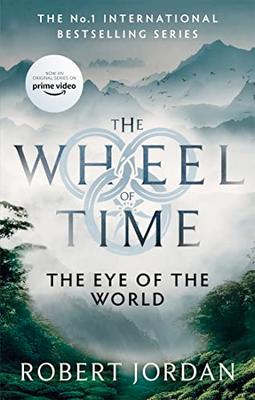
Although I’m only up to book four, I’m really enjoying this series. Highly recommend to anyone thinking of starting a fantasy series if you can commit to 14 huge books.
Reviewed by Kyle R, 3B
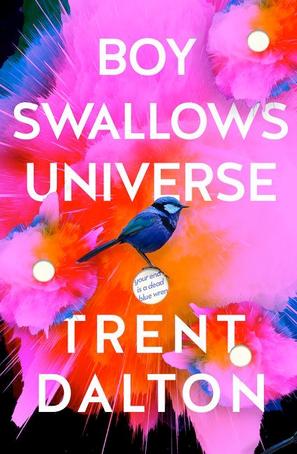
Started reading this book after watching the Netflix series, which was probably slightly better but still a great read which captures Aussie culture nicely. Can be a bit wordy and metaphorical at times.
Reviewed by Harry H, 3B

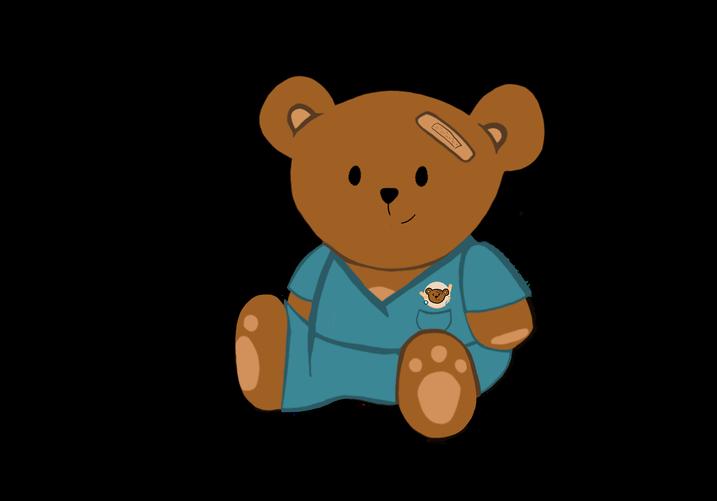
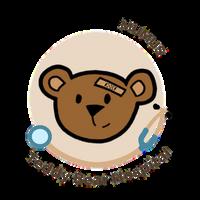
Monash Teddy Bear Hospital has been making strides this year, with an ever-expanding calendar and increasing number of new volunteers! With the introduction of a new Allied Health representative to our committee this year, we have been working hard to extend our reach into the MHHS faculty beyond medical students and encouraging more students across the university to get involved.


This has brought fantastic new networking opportunities to medical students to mingle with our fellow future healthcare professionals; and also provide our allied health students with the equal opportunity to be exposed to and interact with the paediatric population that they will no doubt be in contact with in their own line of work.

We are also currently in contact with faculty to incorporate TBH incursions into the Year 2 rural weeks to benefit our rural communities greatly. We can't wait to see you soon at one of our upcoming incursions or even in the Big Ted suit! Thank you bear-y much for your support always ��

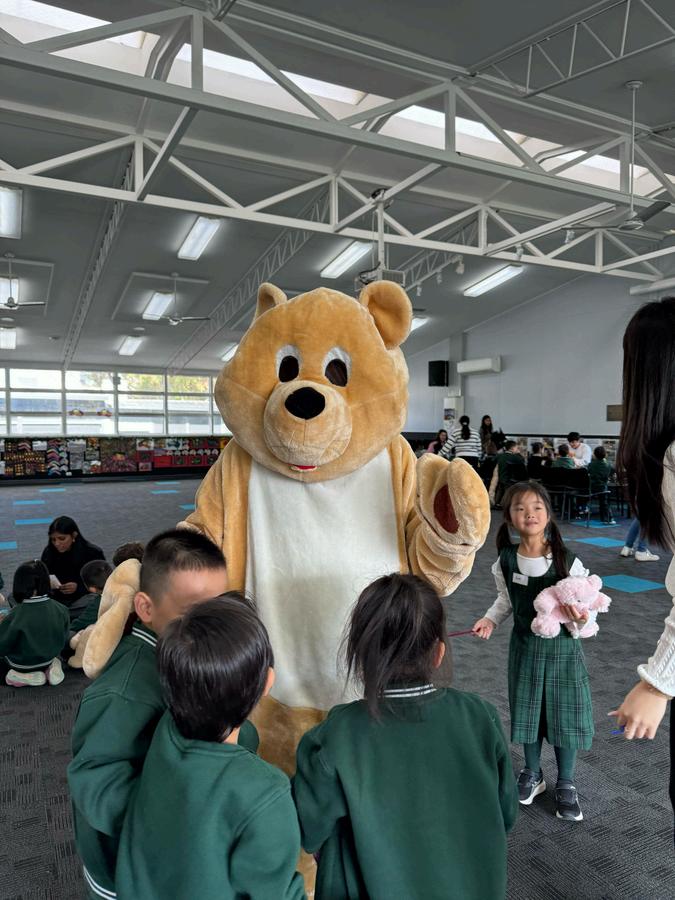
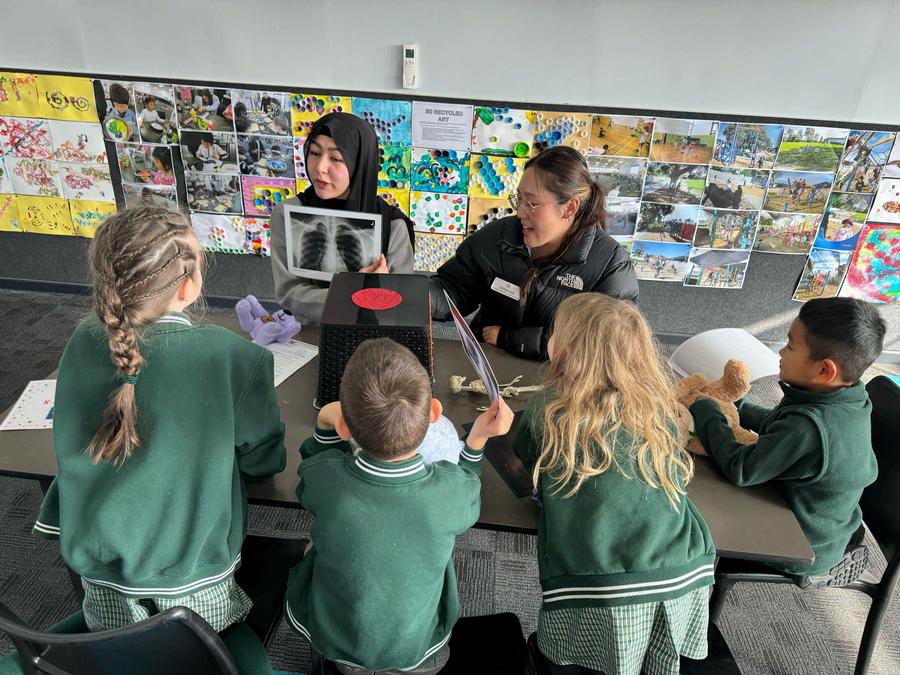
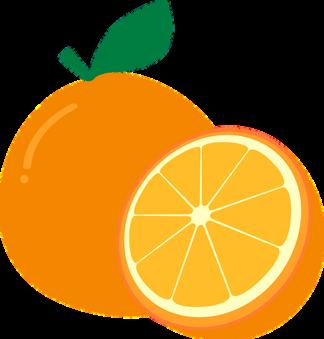
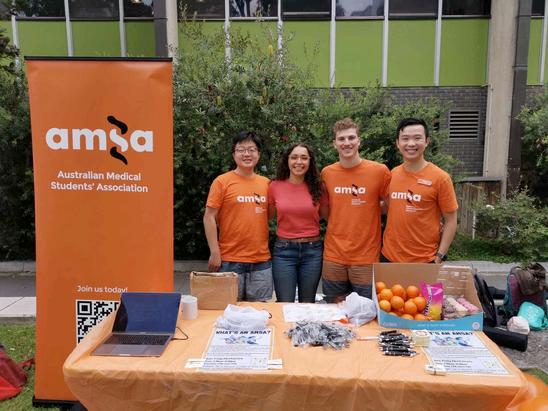

It was so fabulous meeting all the preclins at Oweek and at the What's an AMSA event
Thank you to all the spearkers who presented from the National Team and to everyone that came down for an awesome afternoon!
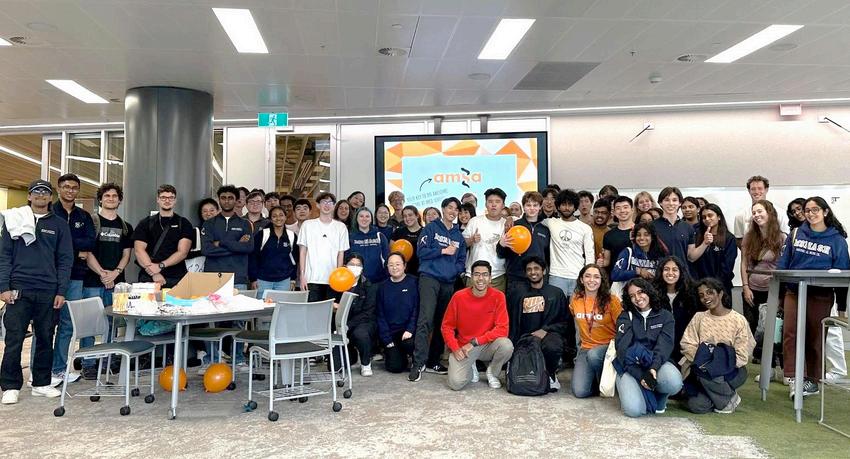
What a fabulous night getting to mingle with students from all across Victoria at this incredible venue with delicious woodfired pizzas and cocktails!
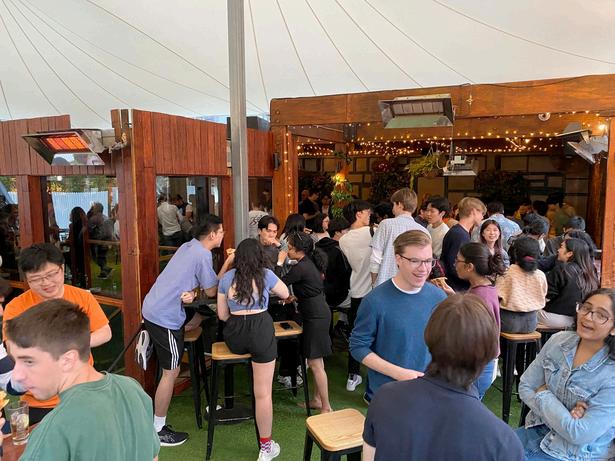
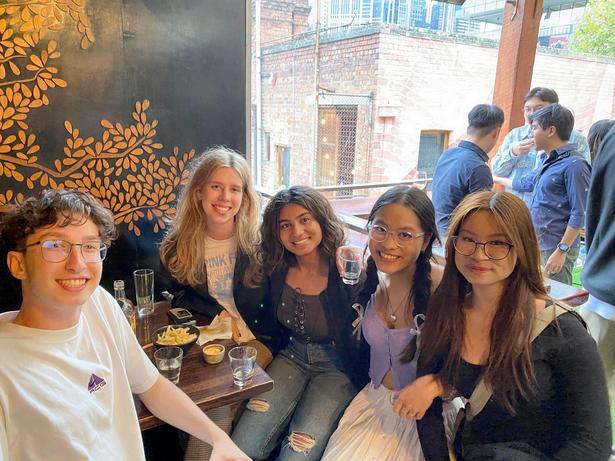

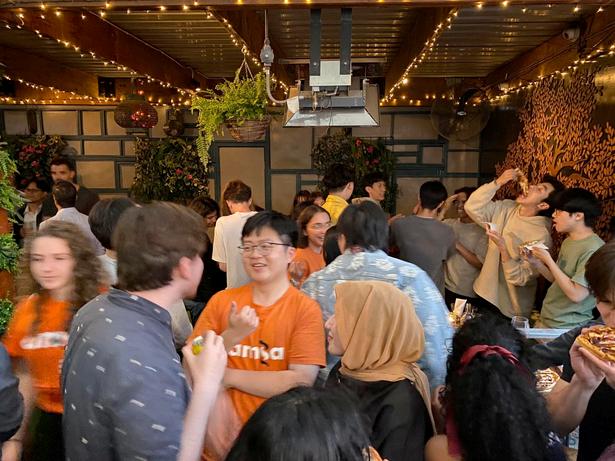

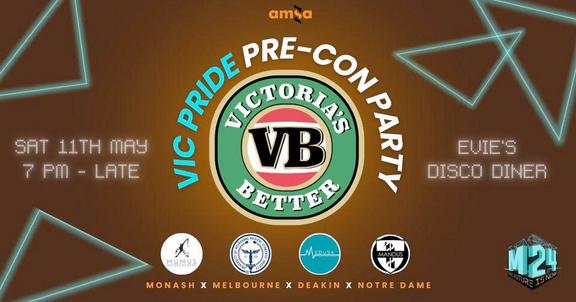

- Incredible Success!
The following Advocacy Issues were discussed and their respective policies were all passed at Council!
�� Medical School Admissions
��Medical Students with Dependents
��Rural Training Pathways
��Primary Care
�� Racial Discrimination & Cultural Diversity
�� Pandemics and Epidemics


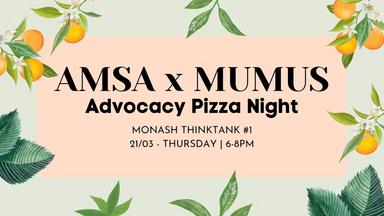
What an incredible event Hosted by UNSW School of Medicine! Council 1 X Careers Conference x Global Health Forum
Placement Poverty Survey
The Australian government has committed support for paid placements for teaching, nursing and social work students and AMSA is currently advocating for paid final-year medical placement as medical students are also being gravely affected by the cost of living crisis.
Sign the AMSA petition (change.org/AMSA-Paid-Placement-Petition) and spread the word so we can bring your voice to the government!
Check out our website (https://amsa.org.au/advocacy-and-policy/costof-living/) to keep track of our updates and upcoming opportunities
If you have any suggestions for how we can advocate for you on this issue, please get in touch with our VPE Jade Guitera (vpe@amsa.org.au) or Public Relations Officer Aayushi Khillan (pro@amsa.org.au).
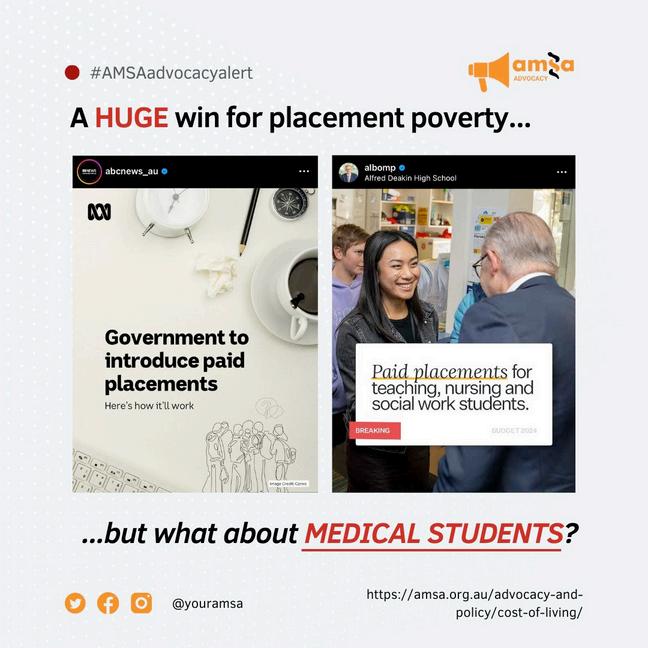
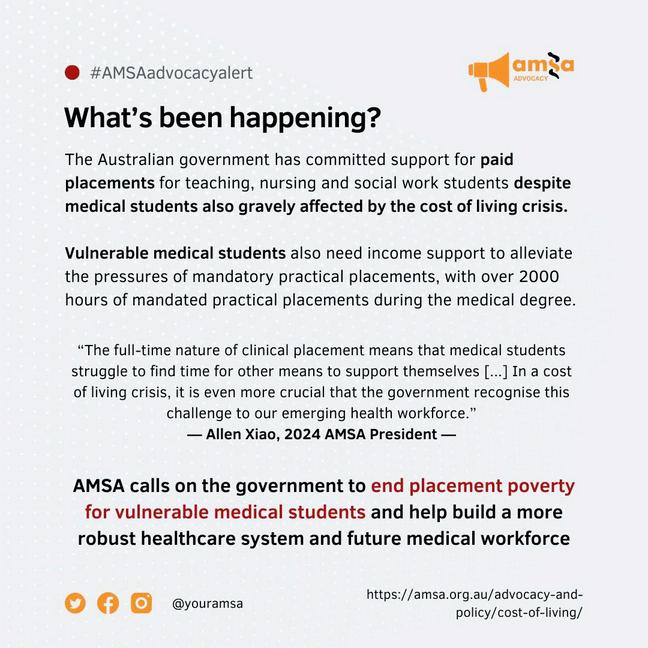





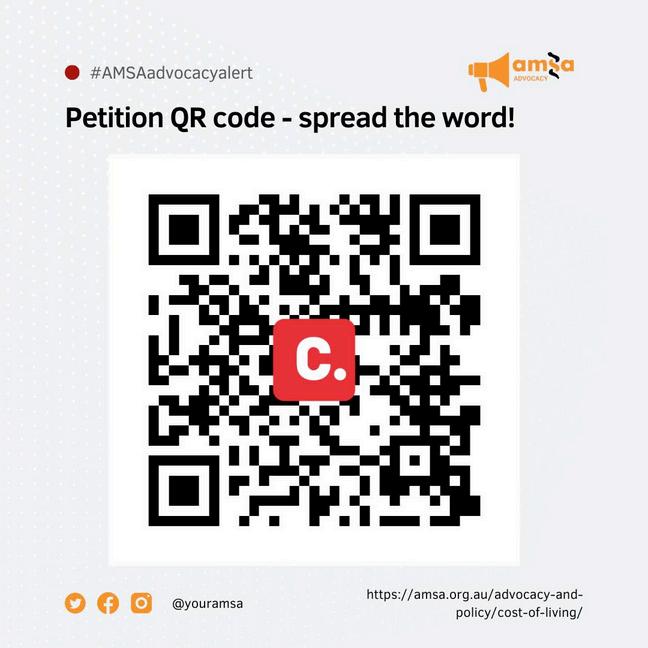
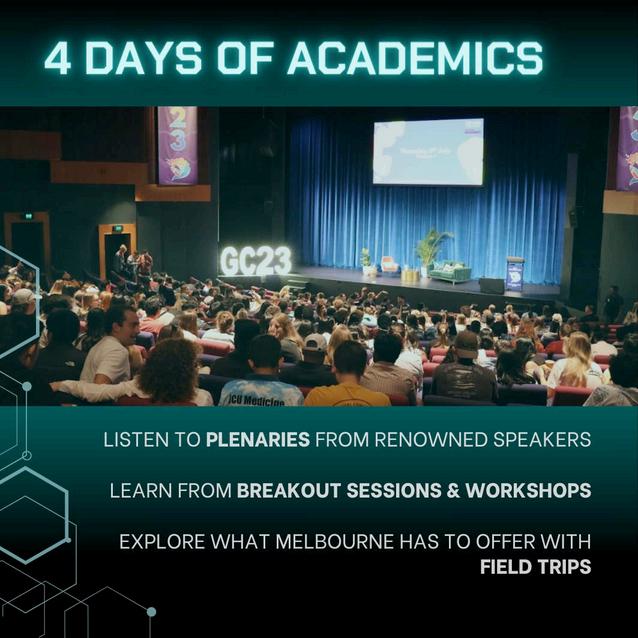


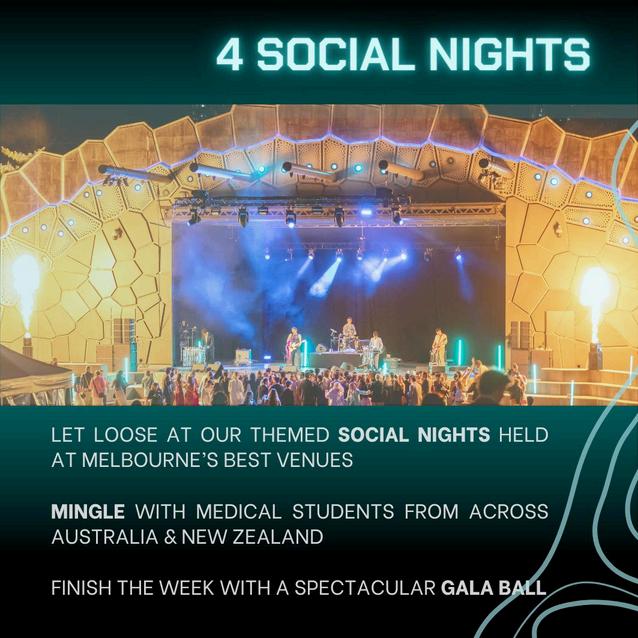
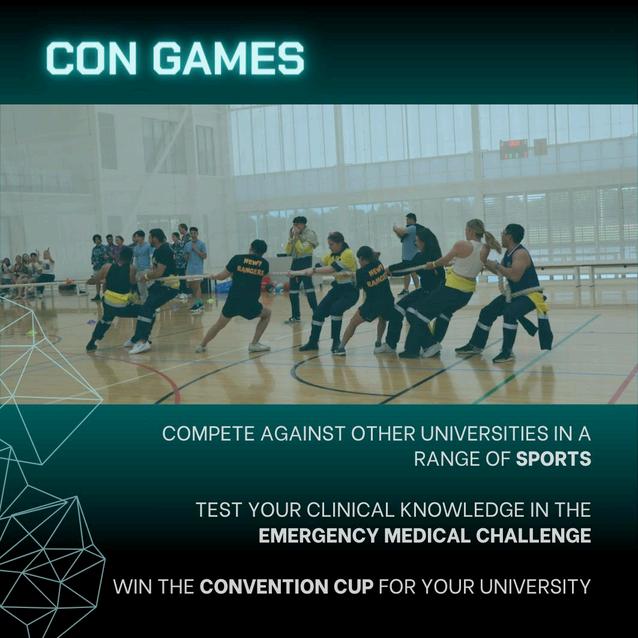
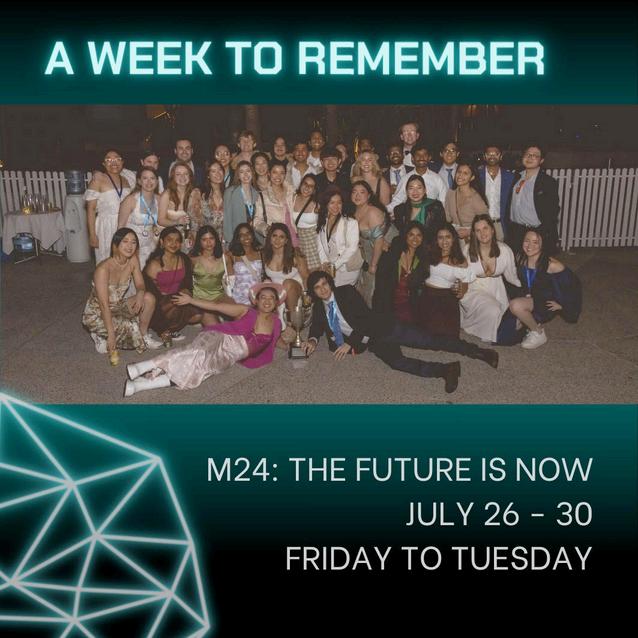



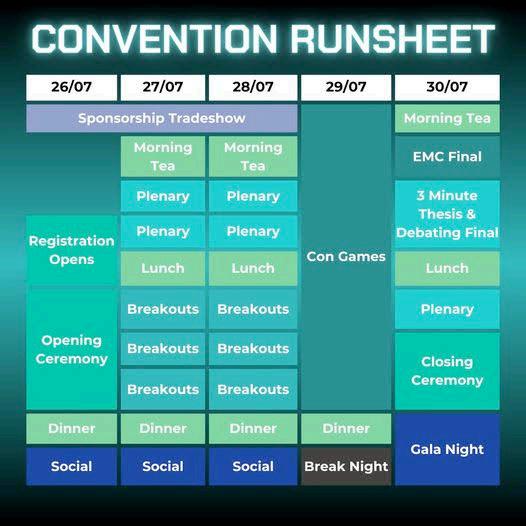

https://amsa.org.au/calendar/amsanational-convention-melbourne/
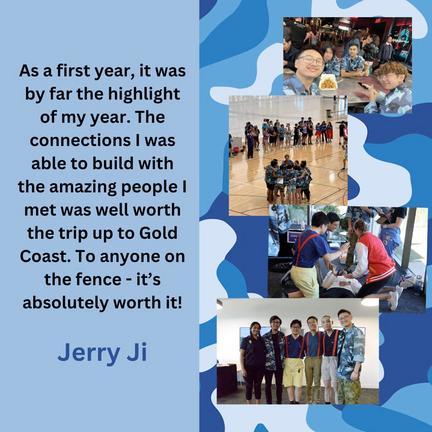
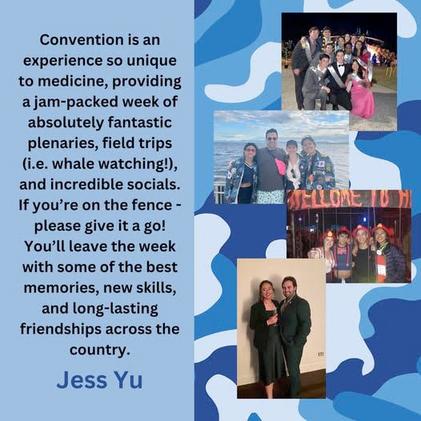

January 2024-April 2024
Few diagnoses are as life-altering as cancer The heinous disease offers both the promise of imminent death as well as uncertainty about how it will occur, robbing not just the body of its strength but also the soul of its life force The disease plays no favourites, striking indiscriminately at both young and old, rich and poor, kind and cruel There is no bargaining with the monster Sometimes, the disease strikes unexpectedly, found serendipitously on a scan while being treated for a stab wound Other times, it is found in individuals who have blown past numerous warnings on cigarette packets Regardless, when given, the diagnosis is often met with shock and wide-eyed disbelief The stats are out there 1 in 8 women get breast cancer in their lifetimes; 1 in 16 people will get lung cancer But it is human to believe that you are the exception; to ask “Why me?”
As a medical student, I have had the privilege of sitting in on the intimate consultations of these vulnerable patients I get to hear their stories, feel their pain and see their humanity They aren ’ t just a number in a registry but a mother, a father, a daughter, a friend, a person who has hopes and dreams, and one who has fears, doubts and anxieties I am constantly impressed by the courage exhibited by many of these patients in what would be considered by many as the direst of situations I also cannot help but admire the extraordinary generosity of spirit offered by these patients and families It is the fate of all medical students to constantly feel like an interruption, but even with limited time remaining on this earth, these patients have always been kind, friendly and willing to give up their time to let me learn, never once making me feel like a bother
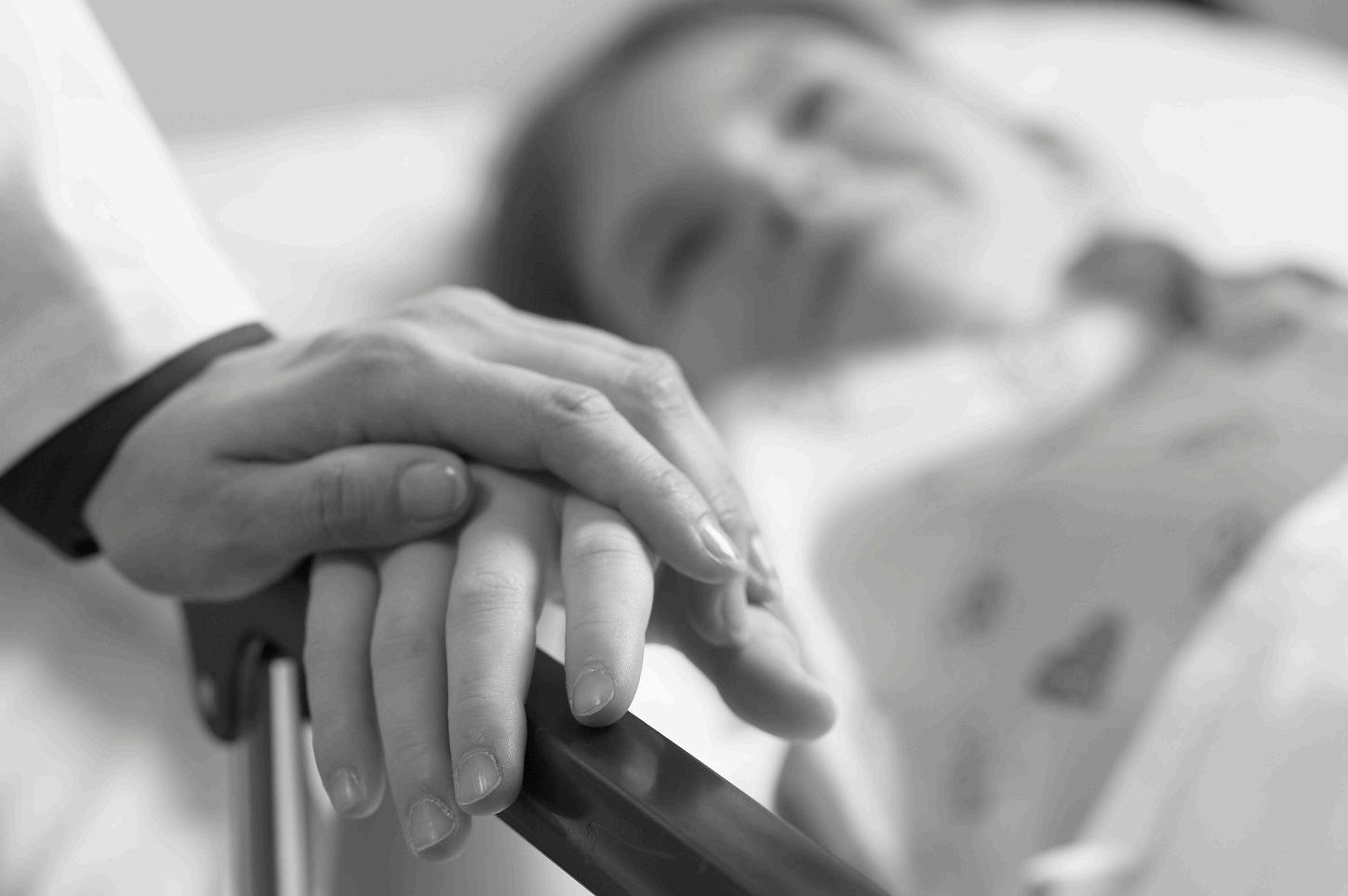
Equally impressive is the way that oncology doctors interact with their patients In a busy hospital environment where wards are often understaffed and clinics overbooked, it is easy to breeze past the unspoken needs of patients to treat the physical symptoms and ensure a speedy discharge But I have seen these incredible doctors consistently show dignity to their patients and attend to every need, emotional or physical These doctors have adopted habits of communication that reliably produce an aura of confidence, trust and hope in their interactions and ones that I have adopted for my personal and professional communications
Most people dislike silence in their interactions
When one arises, it feels like a vacuum begging to be filled and many will desperately fish around for a topic of conversation to alleviate the discomfort For many doctors in a hospital, especially surgeons, silence signals a full stop, an end to the conversation, an invitation to move on However, for oncology doctors, silence is a tool It signals that the patient is fearful, overwhelmed, or is carefully deliberating what has just been said Silence is a plea to explore and uncover what is beneath the surface Sitting in on many ward rounds and consultations, I will oven marvel at how these doctors would bathe in one, two or even up to ten seconds of what felt like deafening silence to observe their patients and wait for a response Often it was only after an inordinate amount of time that patients would express how they really felt, their true concerns, the questions they felt to embarrassed to ask Even in instances where silence did not yield additional points of onversation, it showed, in a tangible way, that the doctor cared, was available and was present
What happens when you see a loved one, a cute puppy, a cherished photo? You reach out to touch it Touch is a primal urge because it signals physical and emotional proximity Our need for it is demonstrated by how we can gain comfort from the touch of other humans, how babies need touch to survive, and how a disproportionately large part of the sensorimotor cortex is dedicated to the processing of sensation and movement of our hands I have observed numerous times how oncology doctors would hold their patient ’ s hands or arm when breaking bad news about the diagnosis or progression of the disease Some would even go as far as to comfortingly rub or squeeze their hands, the way a loved one would in times of distressNone of these patients recoiled at the gesture, but rather seemed to find comfort in the warm and genuine touch of their doctor They may not have verbalised it but I know that they found solace in the fact that their doctor cared enough to reach out
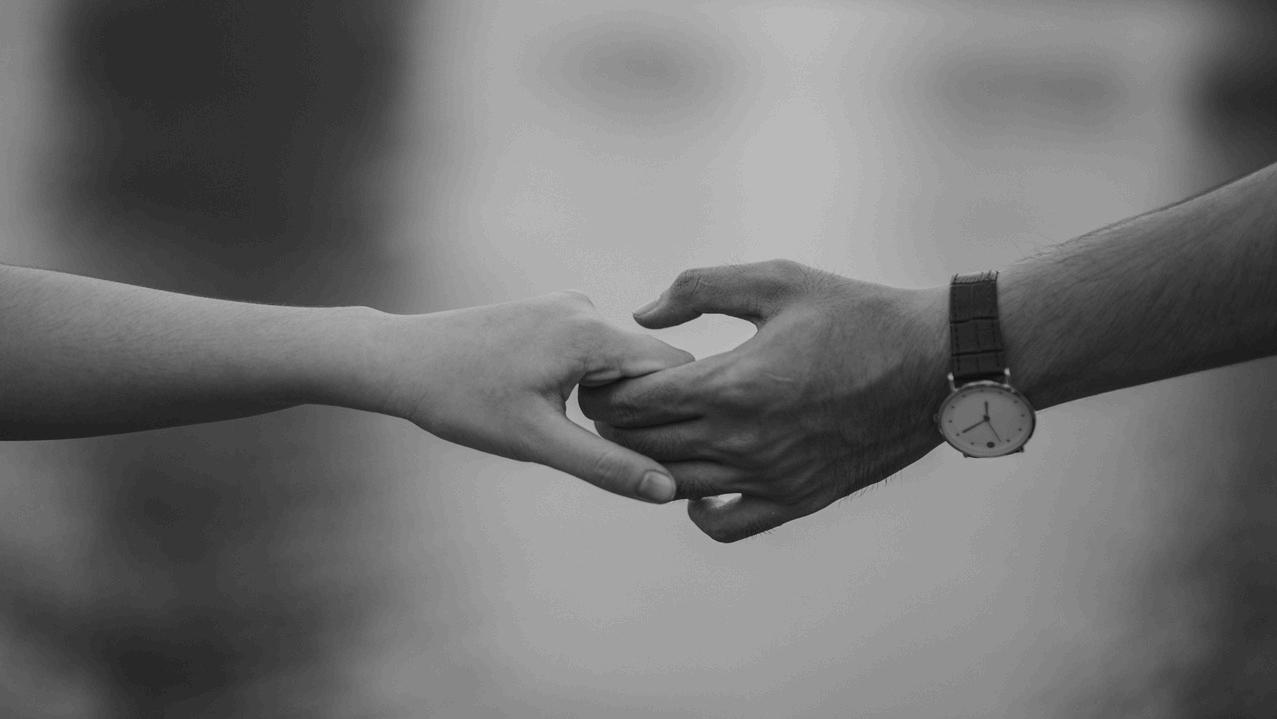
We as humans love to feel similar to others Talk to a stranger with the same hobbies, sports team or music taste and you will automatically feel an unspoken connection with them Even arbitrary similarities such as having the same birthday or initials can make you like someone more Sadly, it is more often the case that people will ignore similarities during interactions instead of noticing them or pointing them out Oncology doctors, on the other hand, make it a point to find common ground Pointing out that they go for the same team, share their love for cars, or even own a dog, the doctors I shadowed would make it a point to highlight any commonality they shared with their patients during their brief interactions
Furthermore, these masterful communicators would often kneel or sit, just so that they could physically get on the same level as their patients It is an all too common sight during ward rounds to see doctors approach patients with their entourages of registrars, residents, interns and medical students, only to speak down on them in booming voices while the patient lies in bed, vulnerable and exposed, cranking their necks to look at the doctor But these oncology doctors would intentionally find a nearby chair or even take a knee on the cold, hard, ground, just to see eye-to-eye with their patients They have grasped the truth that we must first find common ground before we can influence another
to have your own difficult interactions and will want to interact meaningfully with those around you on a daily basis, whether at work or in your personal life In these instances, I urge you to take a page out of oncology’s book Use silence Use touch Find common ground and allow for humanity and compassion to enrich your interactions with others You never know what someone else might be going through and a kind word, a warm touch, or a moment of caring to listen might be all that’s required to make their day and bring a little more joy into the world
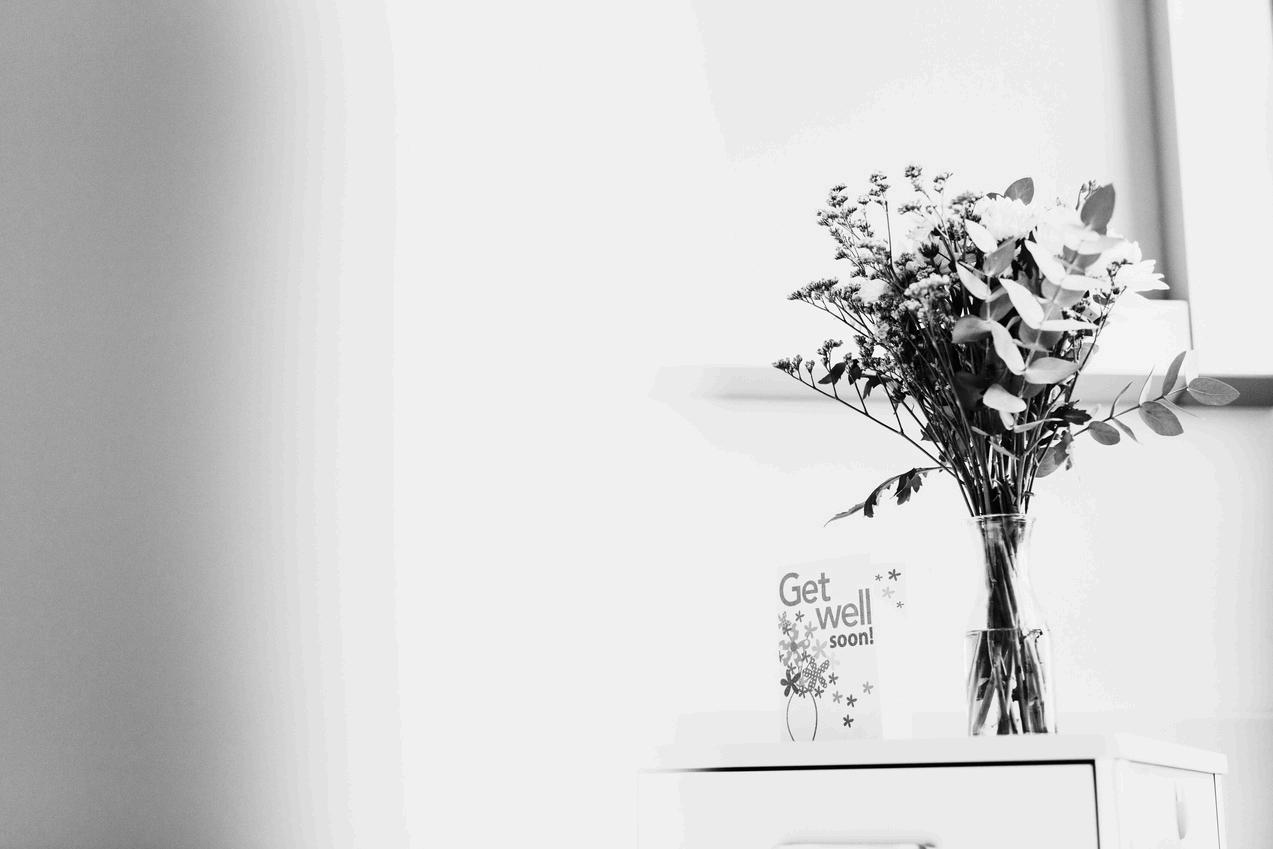
The lessons I’ve gleaned during my time in oncology are valuable insights into interpersonal communication The reality is that you might never need to give a cancer diagnosis or deliver bad news to a patient, but it is likely that you will need
did you know that formaldehyde triggers hunger? it’s why they schedule anatomy before lunch, so we can savour every taste, every sense. some of us refuse to eat, the first time. there’s a bet going around - ten bucks on the inaugural body to hit the ground. as though we didn’t have enough competition. no one loses, of course. you don’t get into med school with a weak stomach, unless it’s pumped full of SNRIs.
every interaction across the surgical table feels like you’re wearing down the scalpelsharp edge. precision is key - you can’t give too much information away, or you’ll be the classic doctor. today, i’m in charge of forceps. my classmates say it feels surreal, to sink teeth into skin and pull it back with more force than you’d expect. i wonder if this man ever thought about the layers he had, tried to understand himself the same way. we snip and stretch and sew our teachers apart, squint to catch every last detail of the spiderweb that makes a body. i wonder if he had too much cholesterol in his diet.
something about dissection makes me think of visiting the wet markets of my childhood. maybe i am just hungry. but there’s striking similarities between the beating pighearts that drip from hooks at road-side vendors, and the empty vessels we’re instructed to remove. the main contrast is in sound - our labs scream of stone-cold hesitancy, a palpable lack of humanity. i try to recall the heartbeat of street stalls, instil it with every touch, a CPR of my own making. how much of myself do i choose, to give and to take with every incision?
there’s an explanation - an excuse, rather - in here somewhere. something along the lines of pattern recognition, clinical reasoning for my eagerness as i approach the cadaver. last week i overheard a group huddled at the sanitation station (our version of locker-room talk?) asking if psychosis was an indictment, if it was possible to feel nothing. the voice in my head asked why i should feel something, when my hands are finally ripping someone else apart.
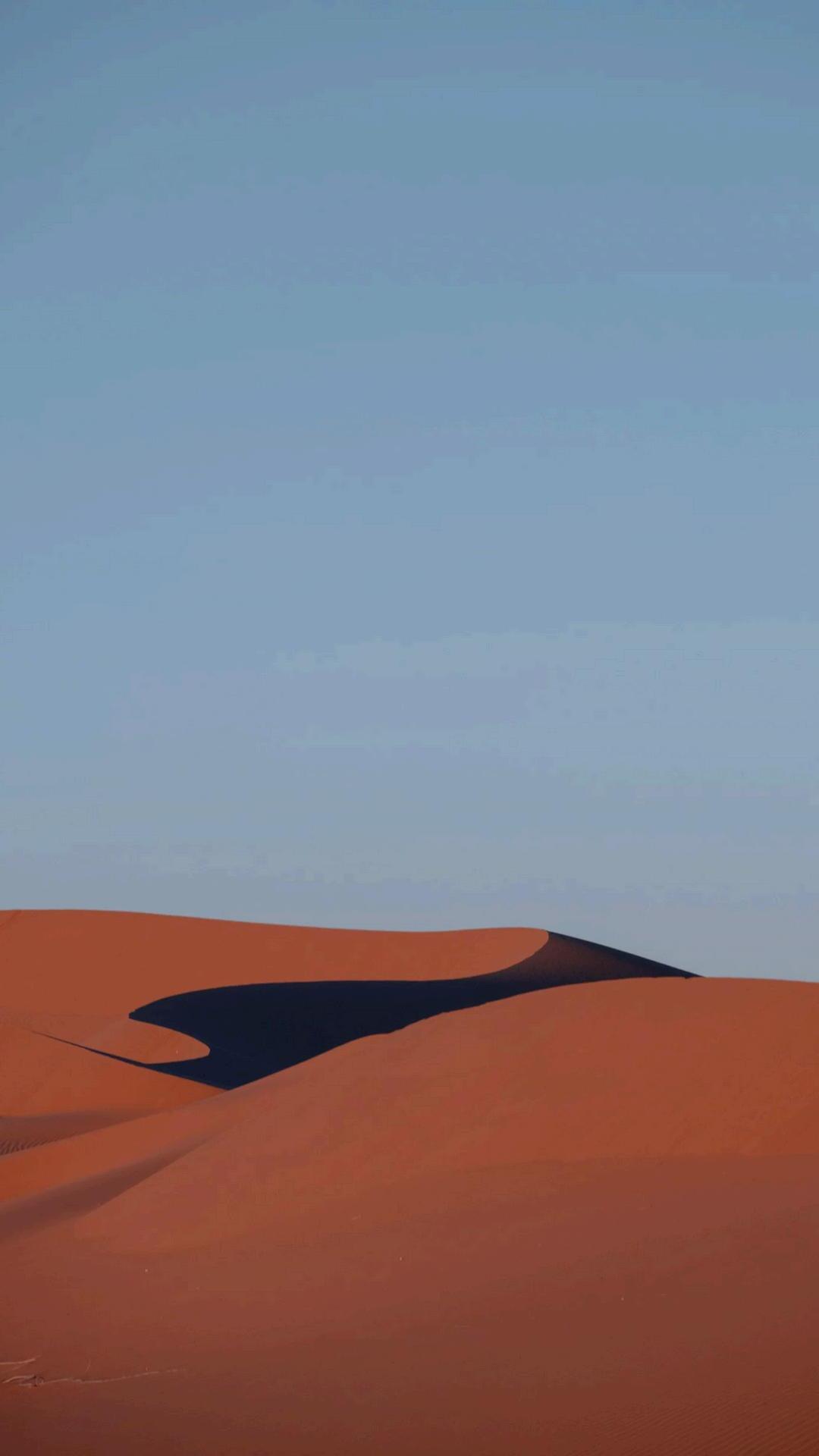
a creative piece by
KRISSY YIPmorbidity is a strange concept. most people think it just means death of the body, but i think it’s the death of the soul. anyone with a chronic illness could tell you, the death starts at the epidermis and works its way in, or vice versa. at some point, you’ve reached morbidity in both senses of the word, and i’ll be able to investigate a case crime-free. 78% of medical students reach morbidity at some point. the conclusions are simple - when you probe the field of death so often, you find yourself placed on the cutting board. all you can do is hope someone else holds the knife.
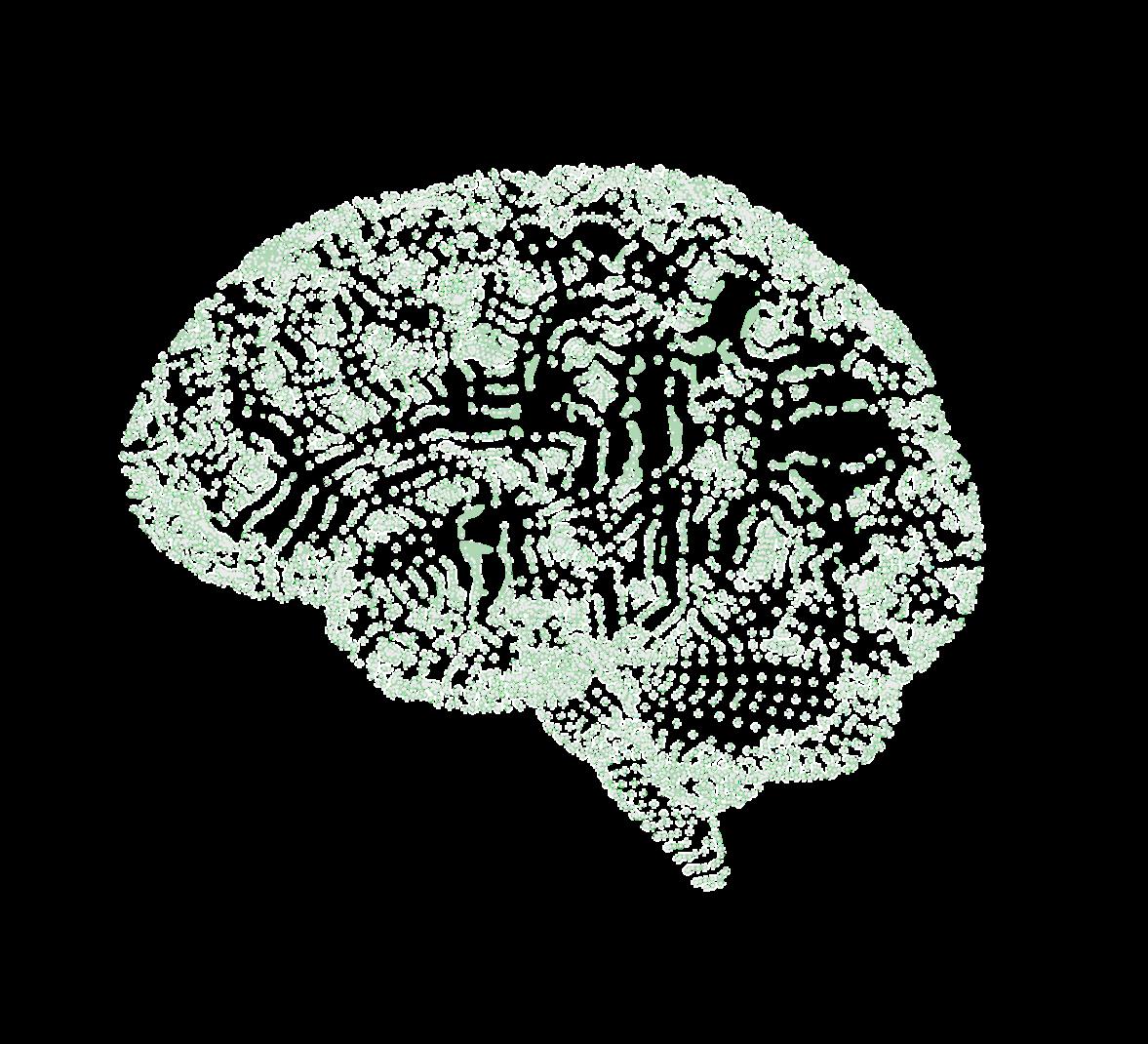
January 2024-April 2024